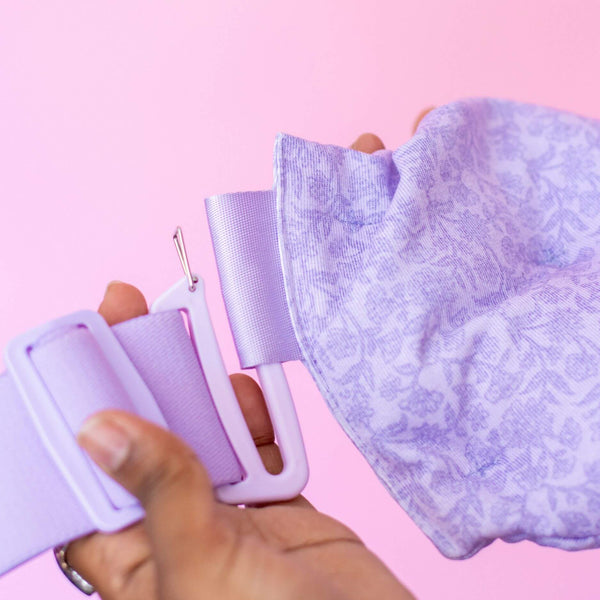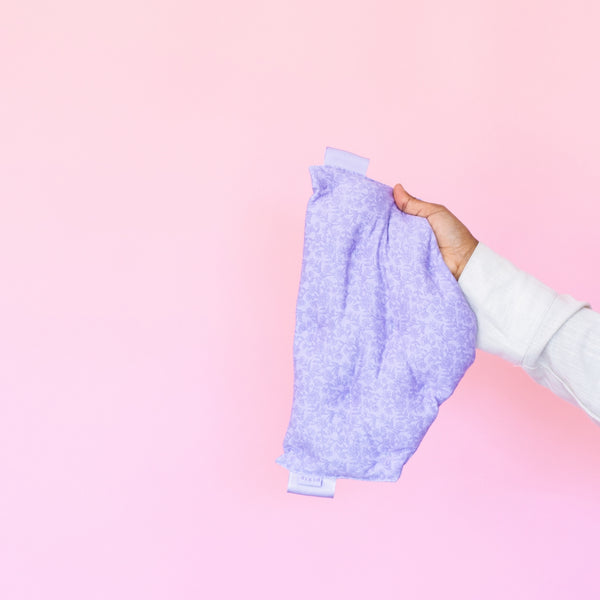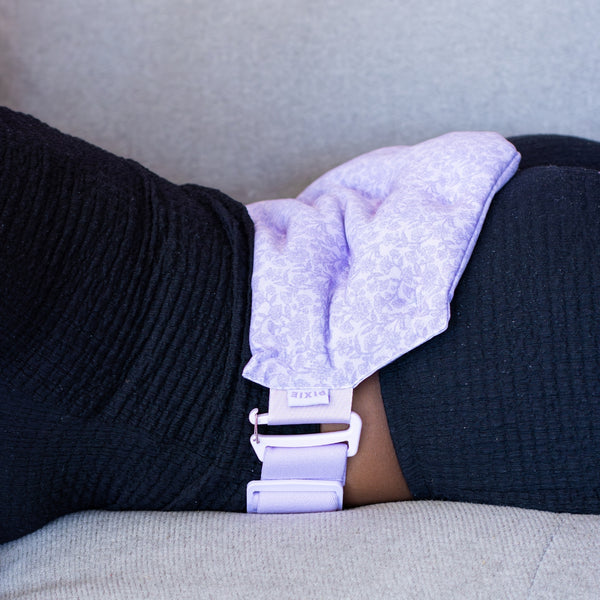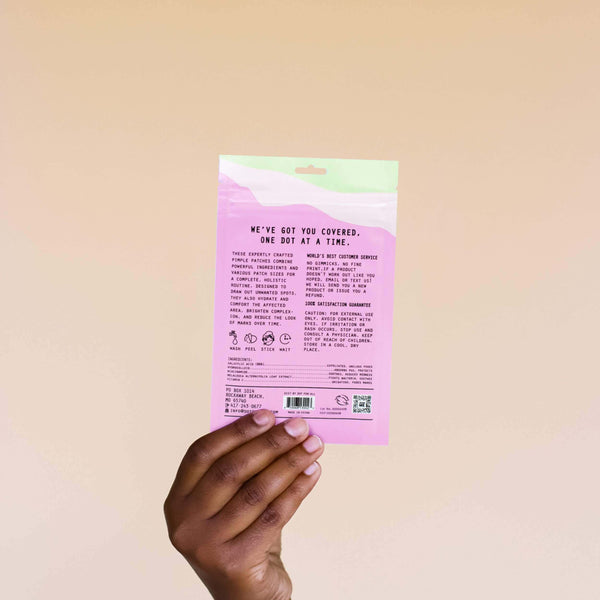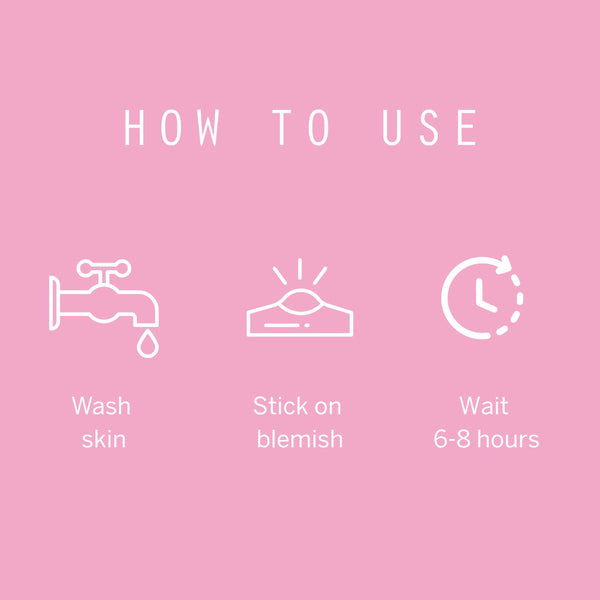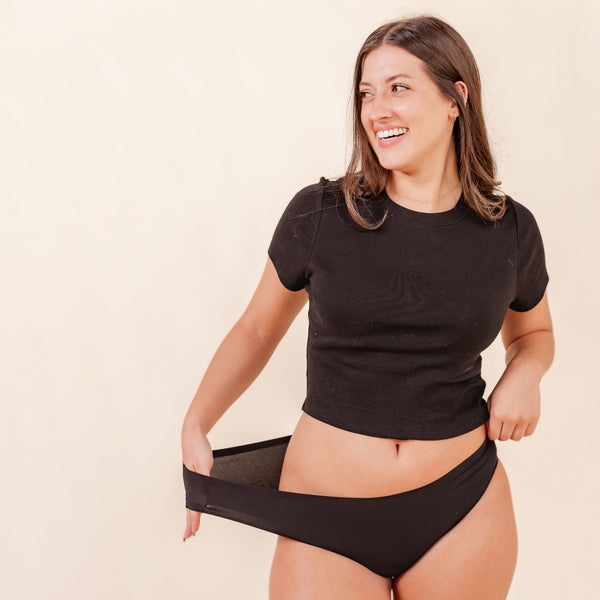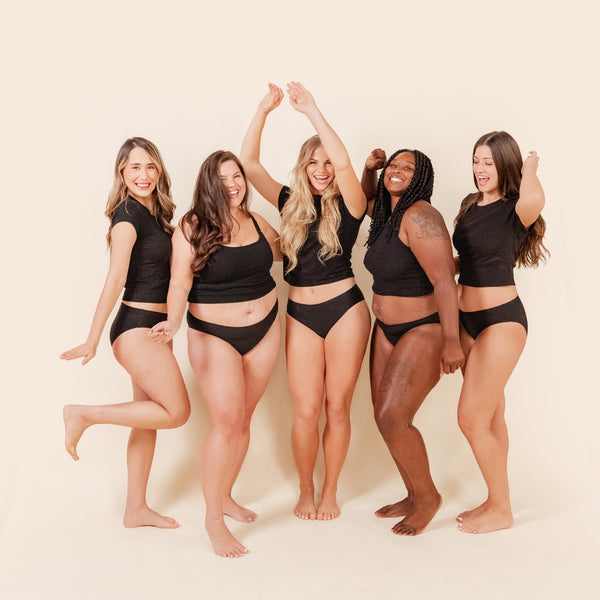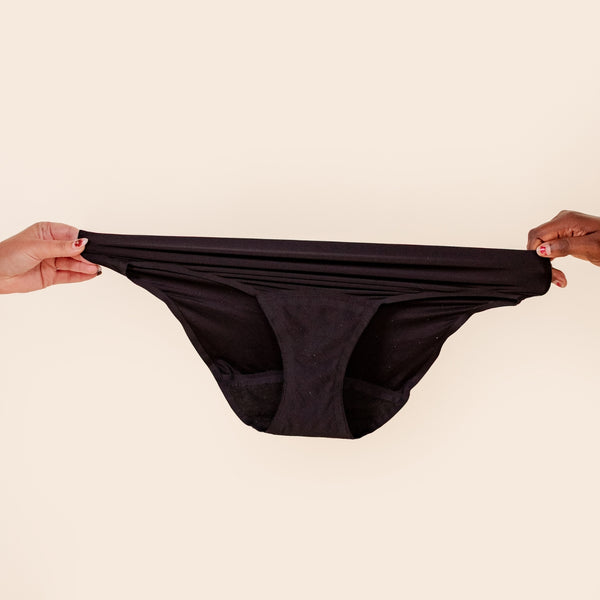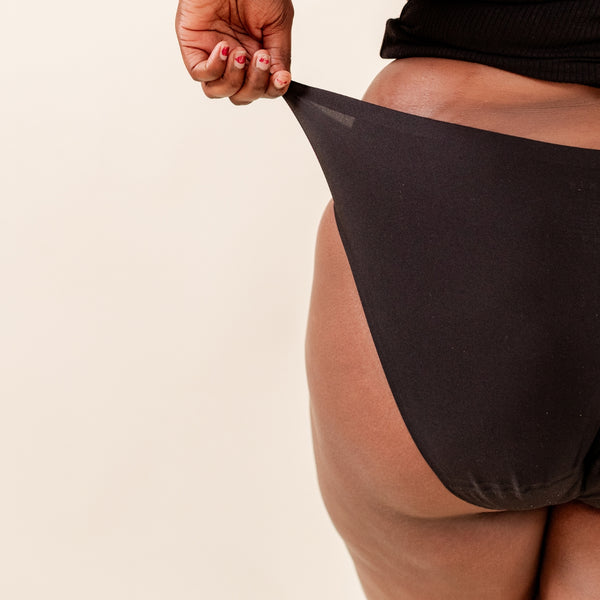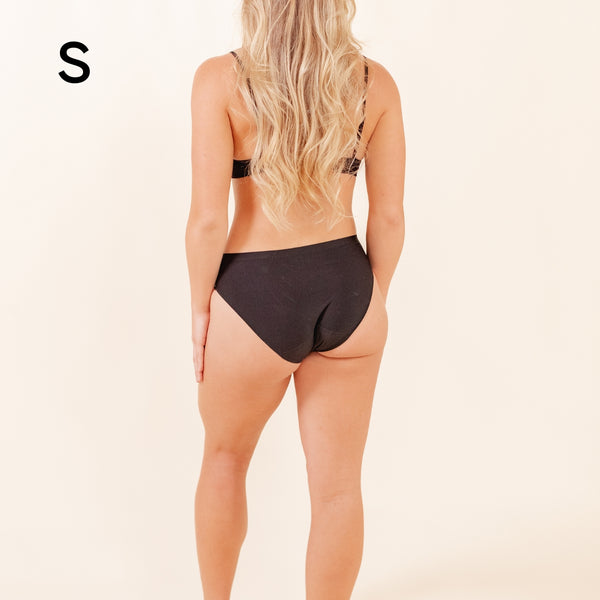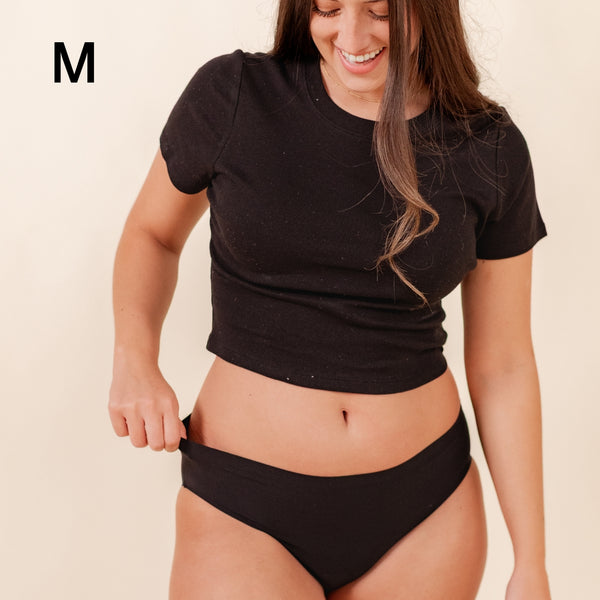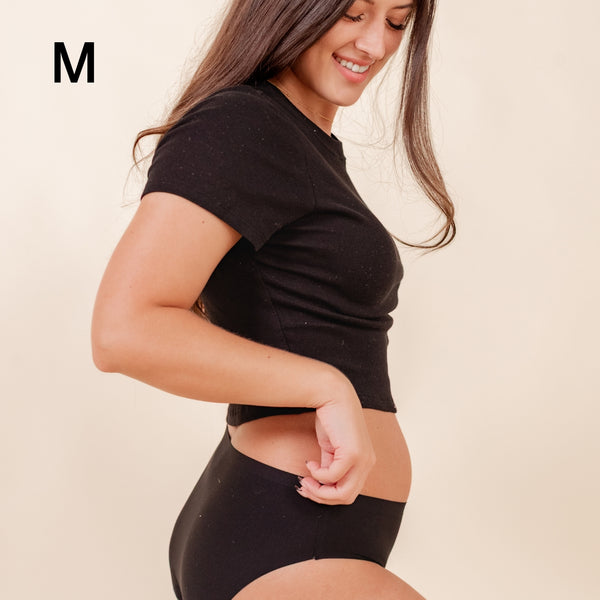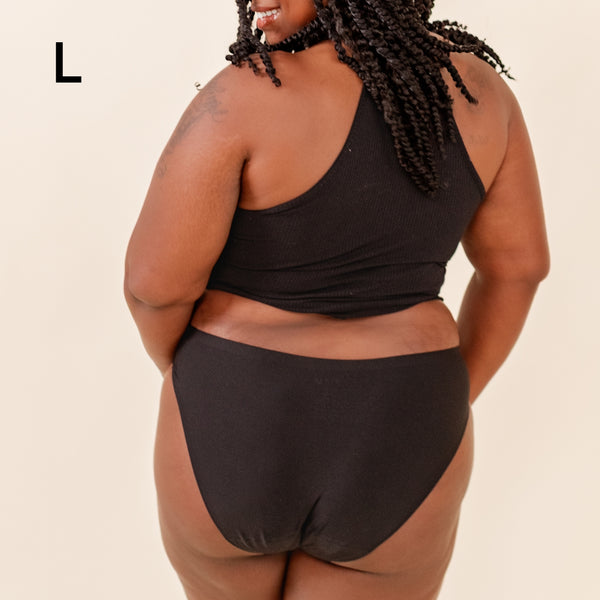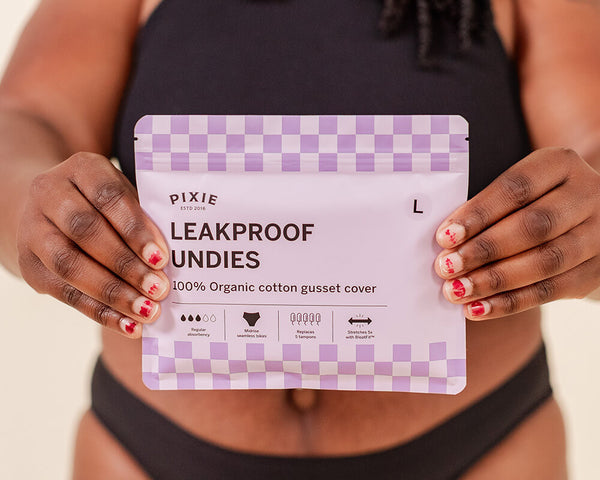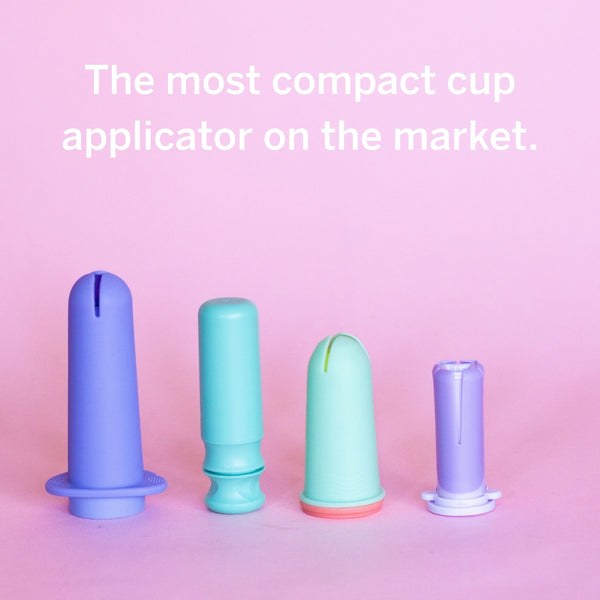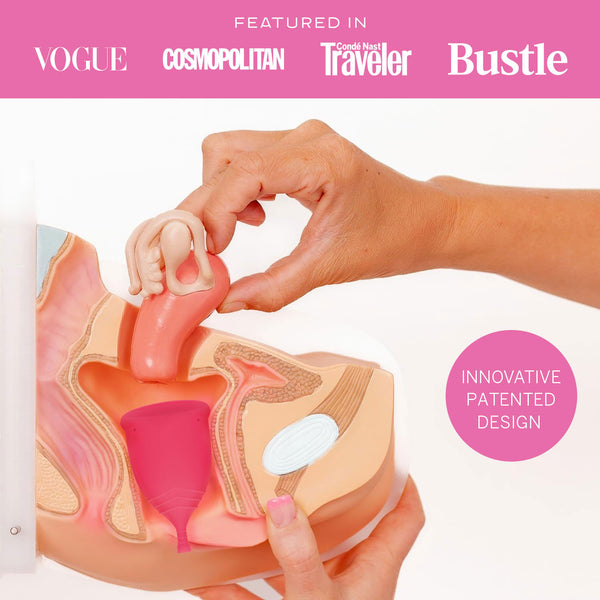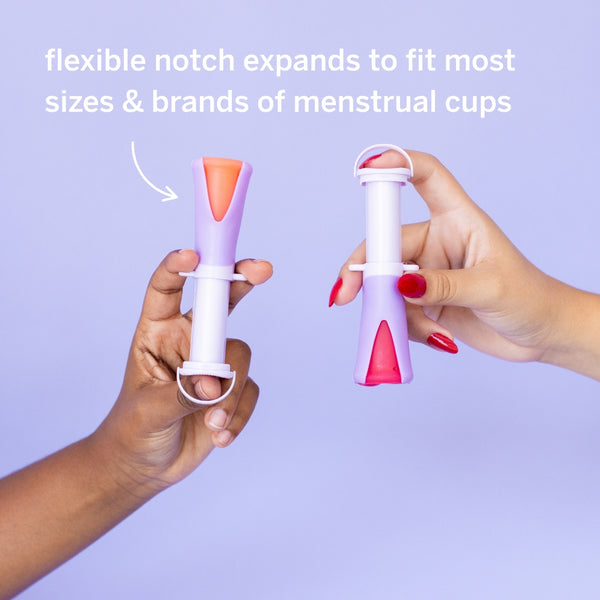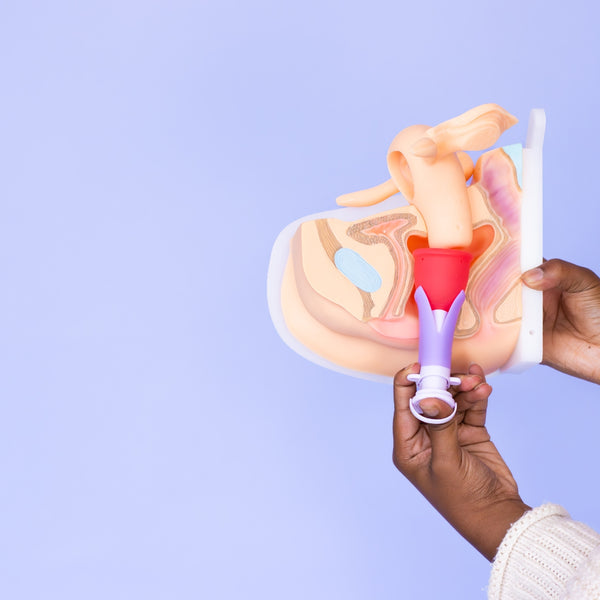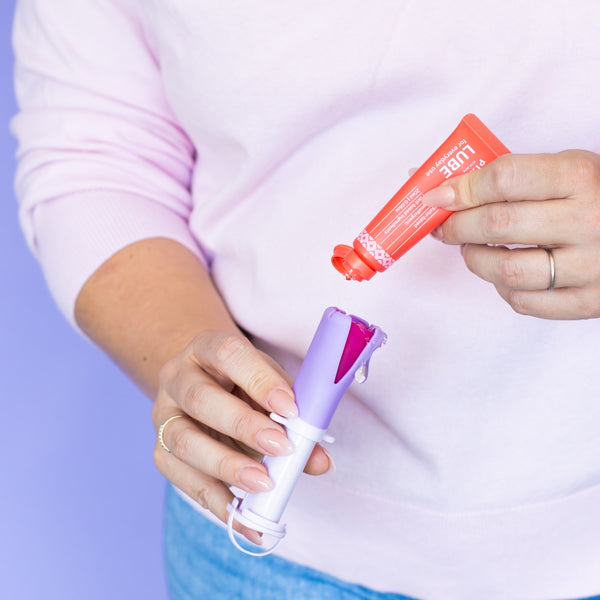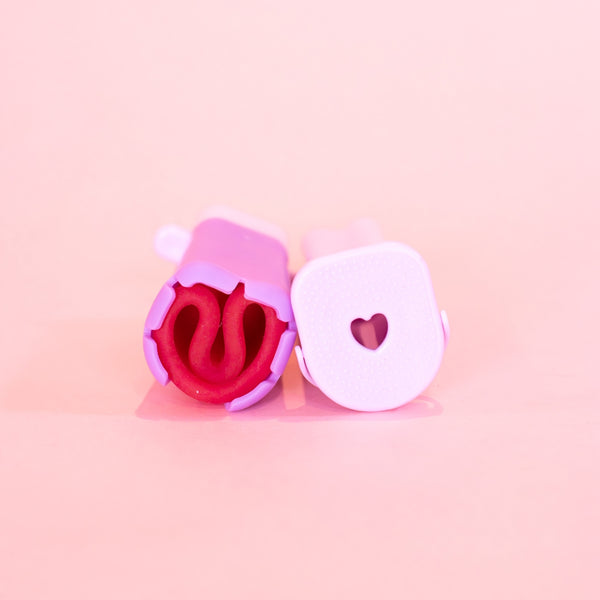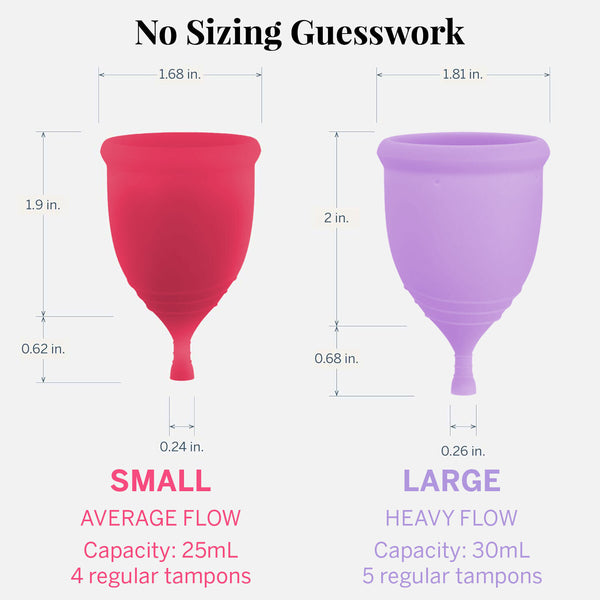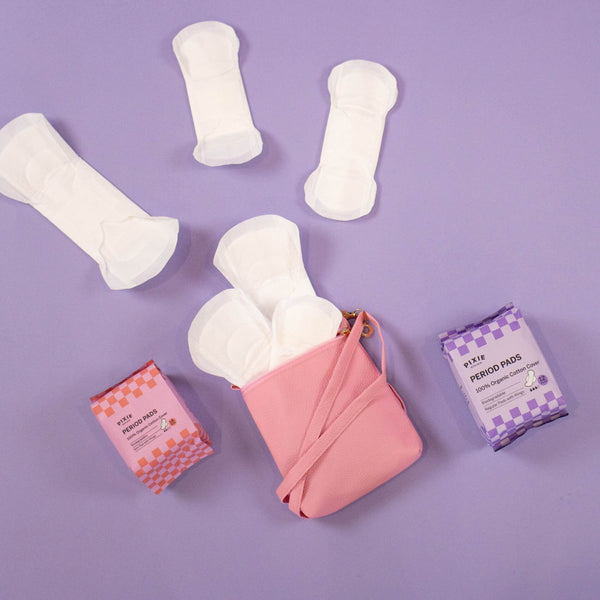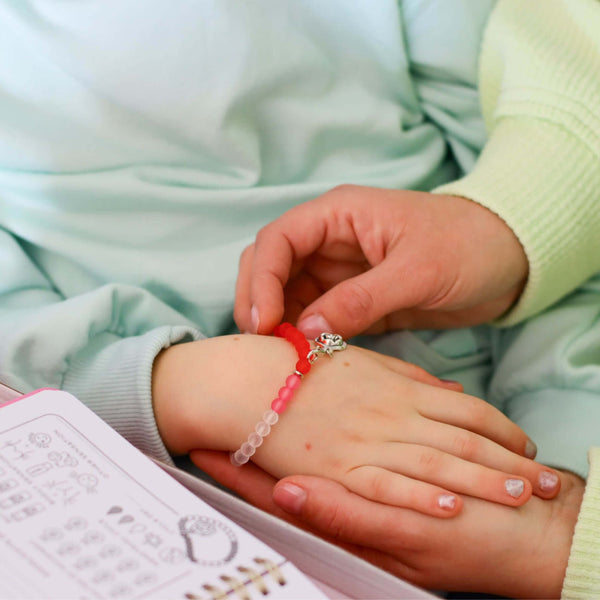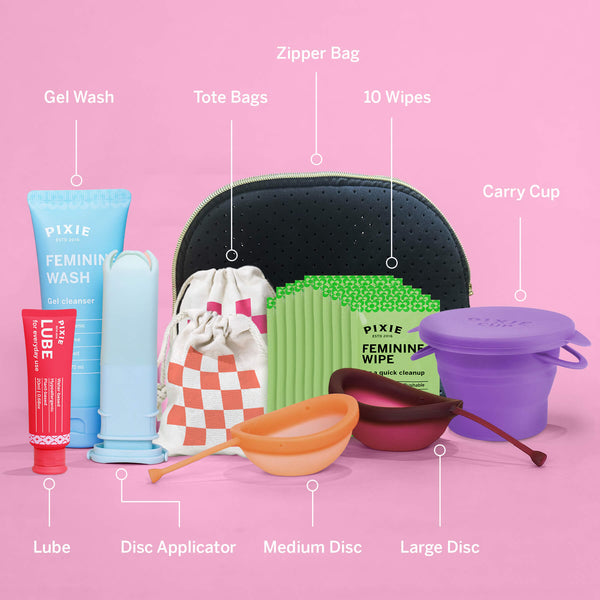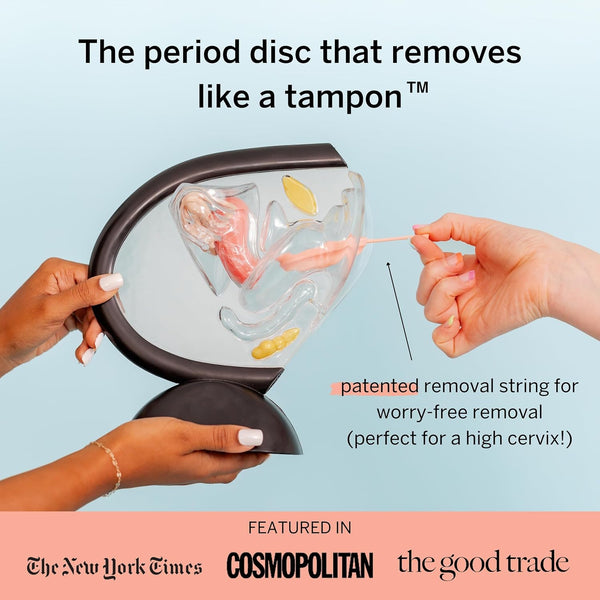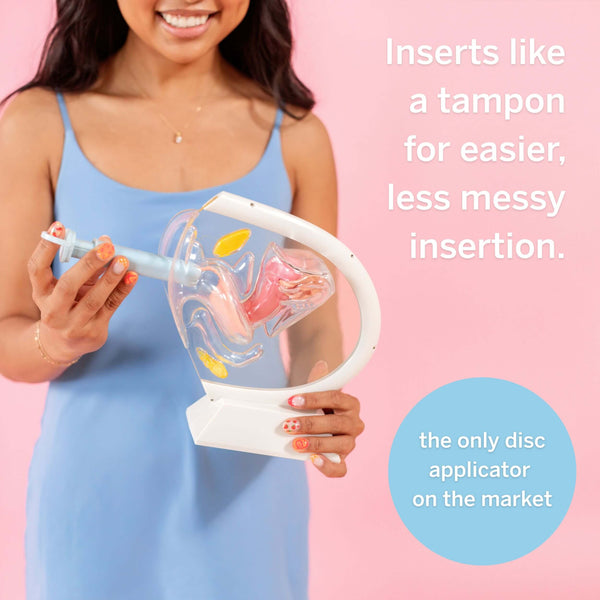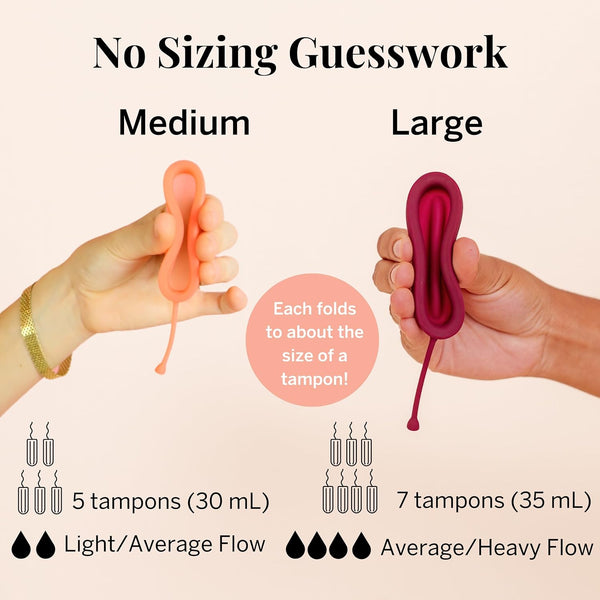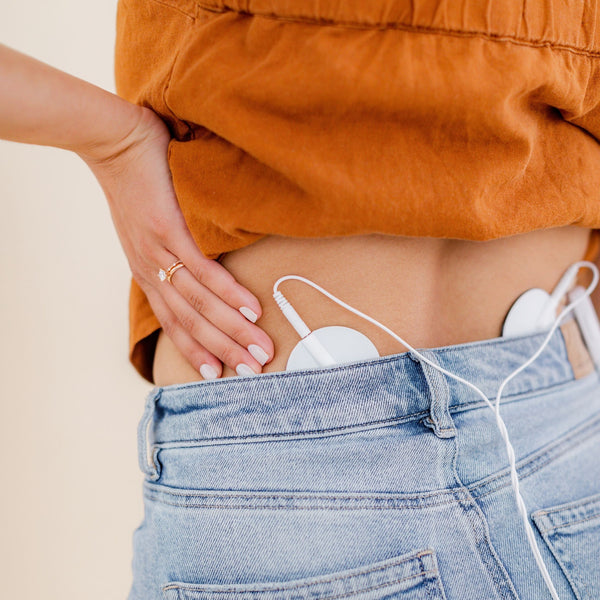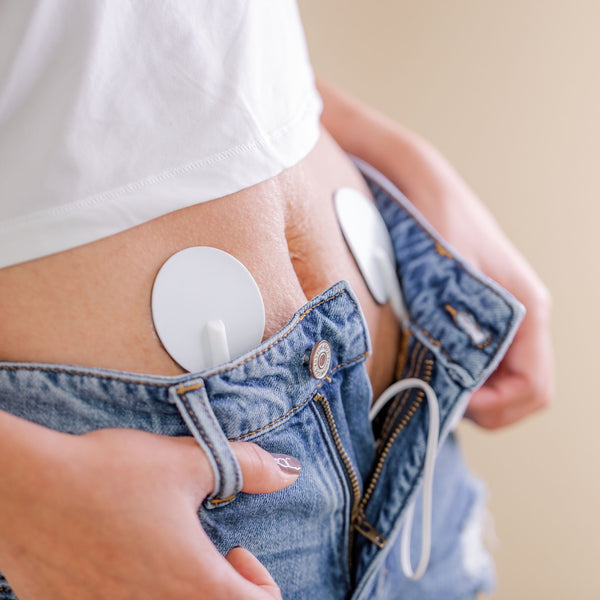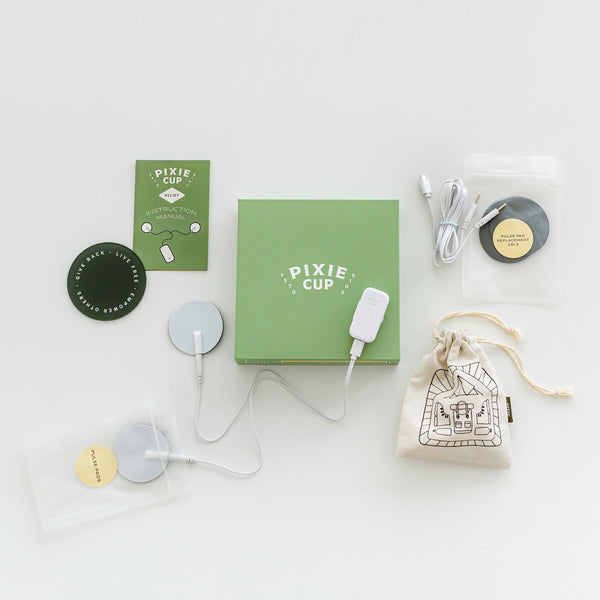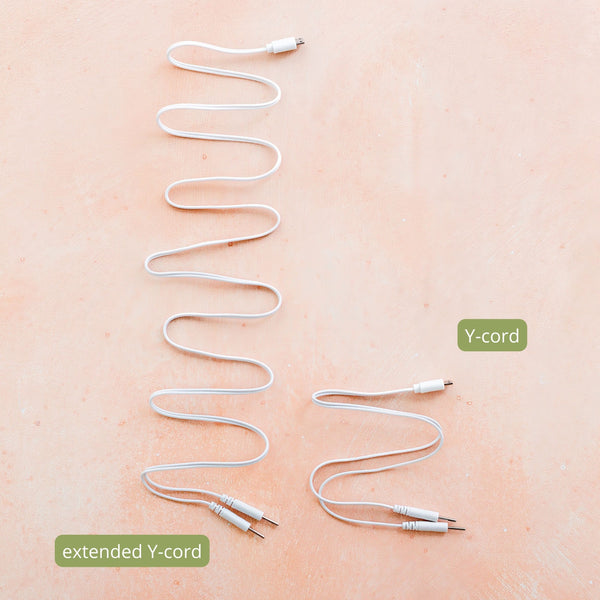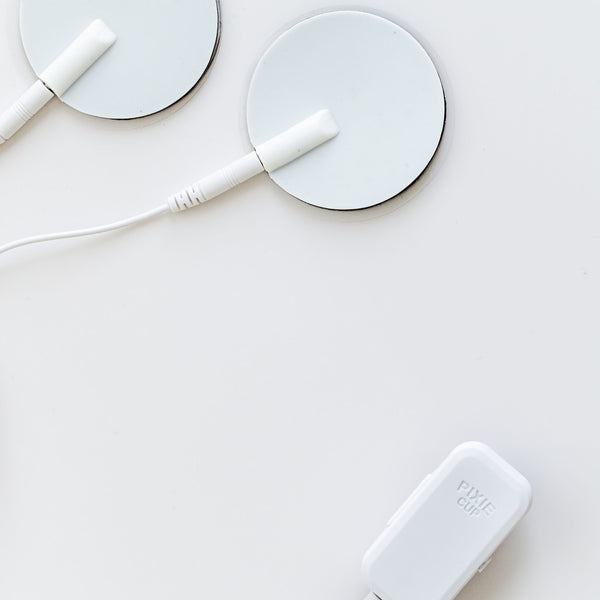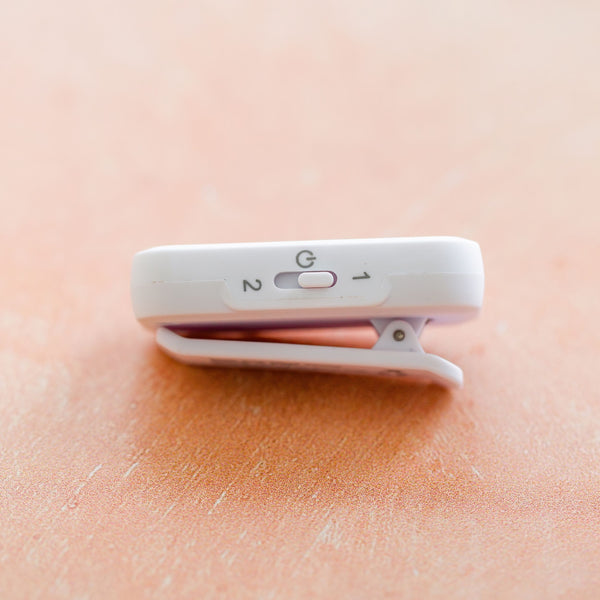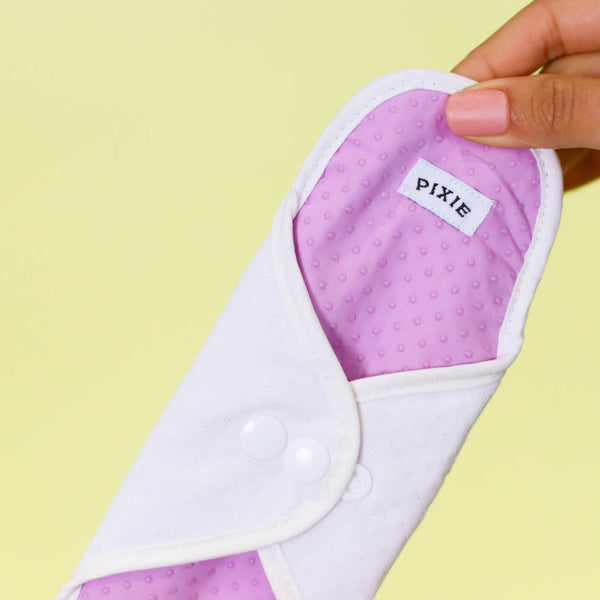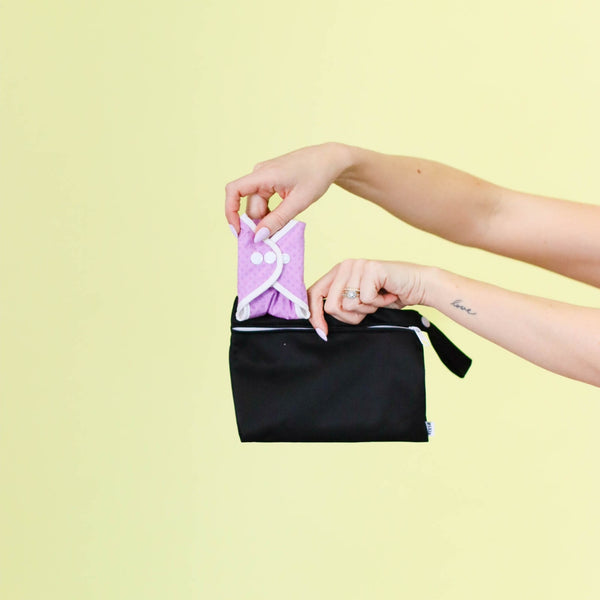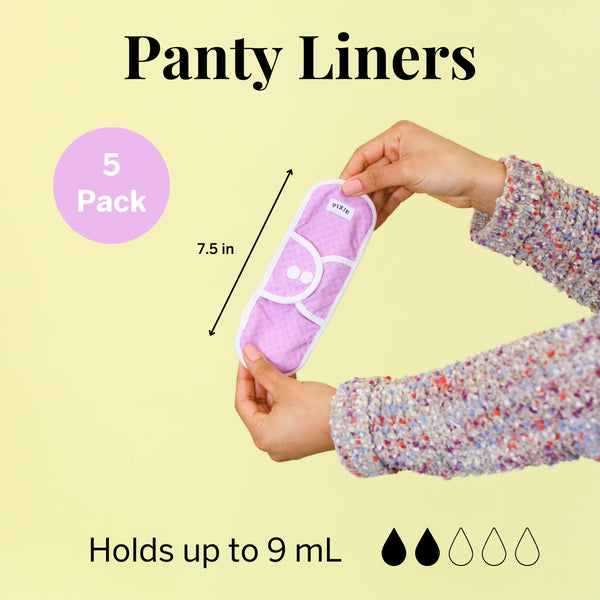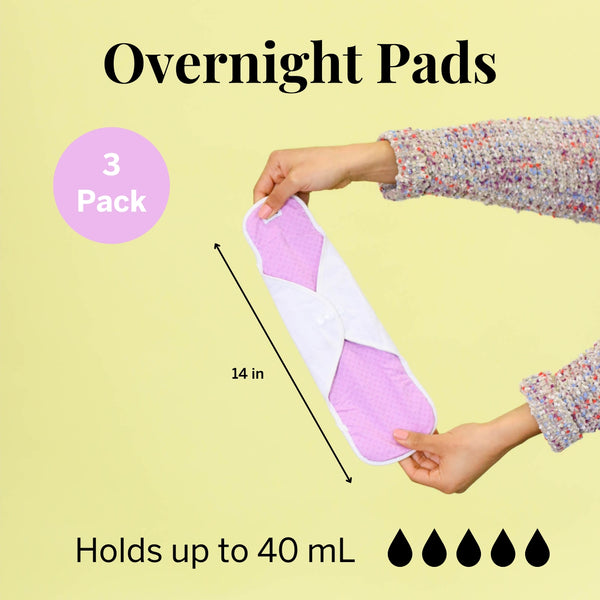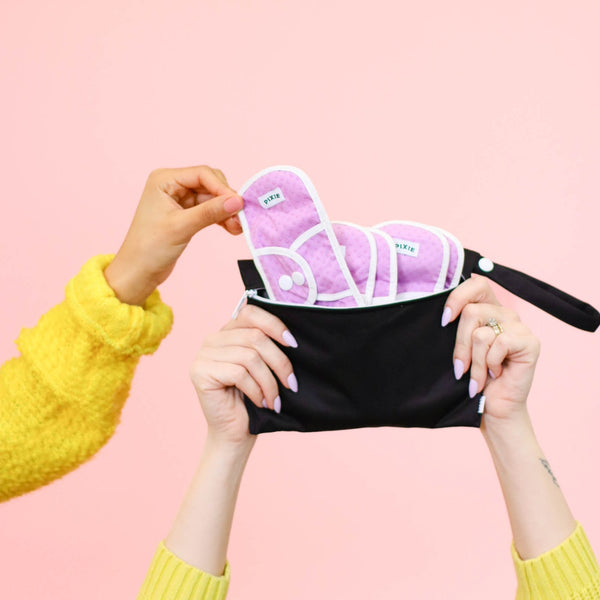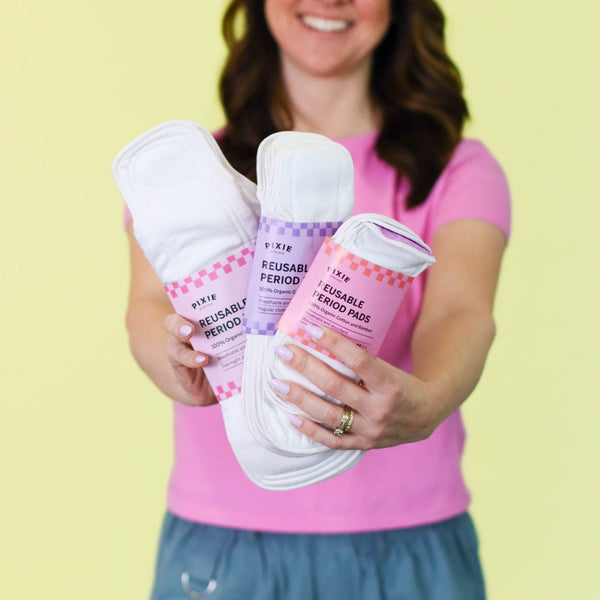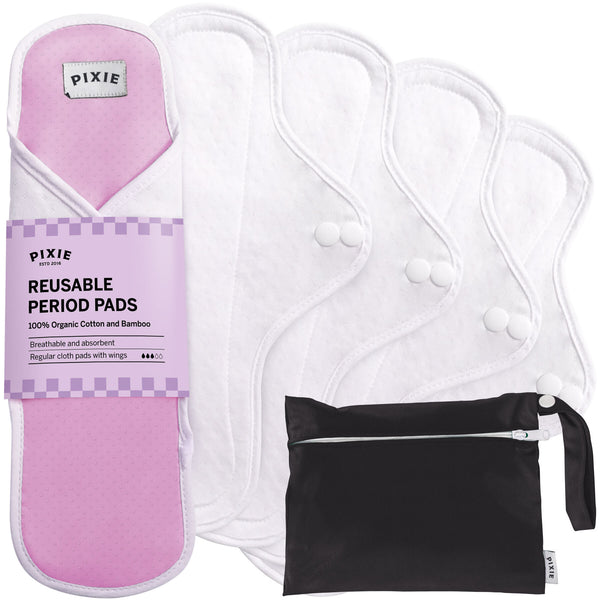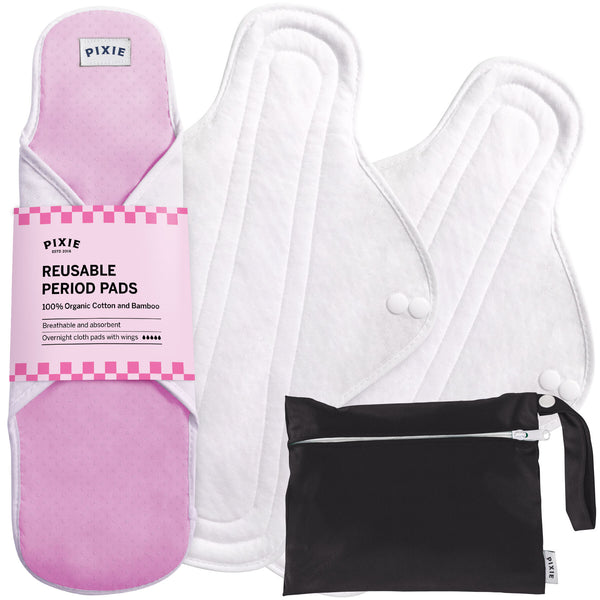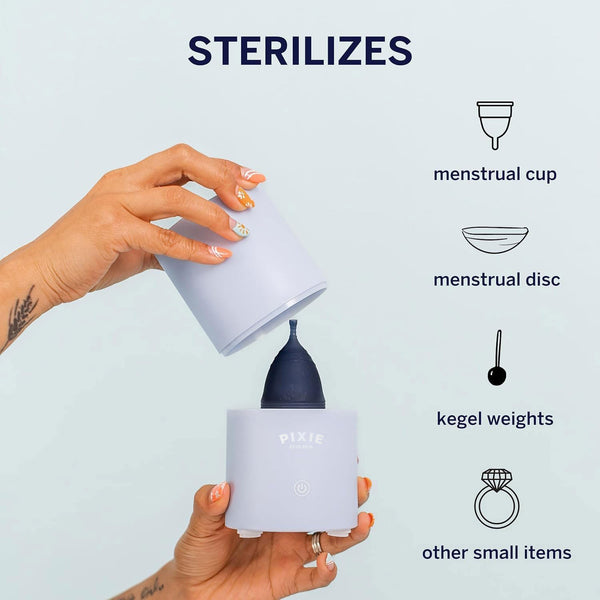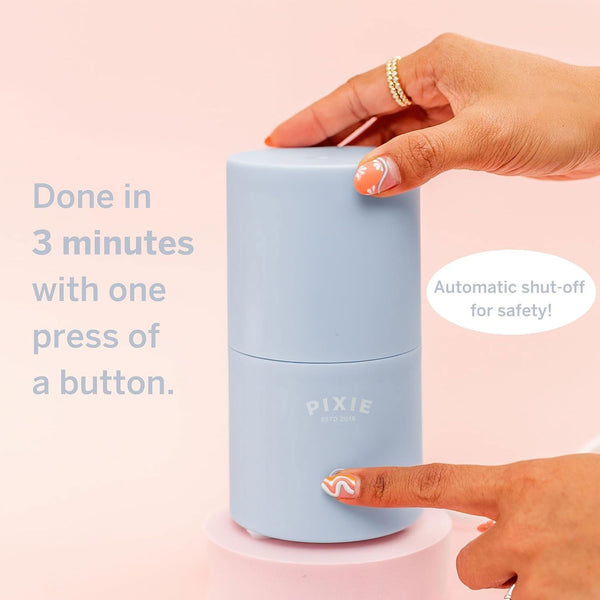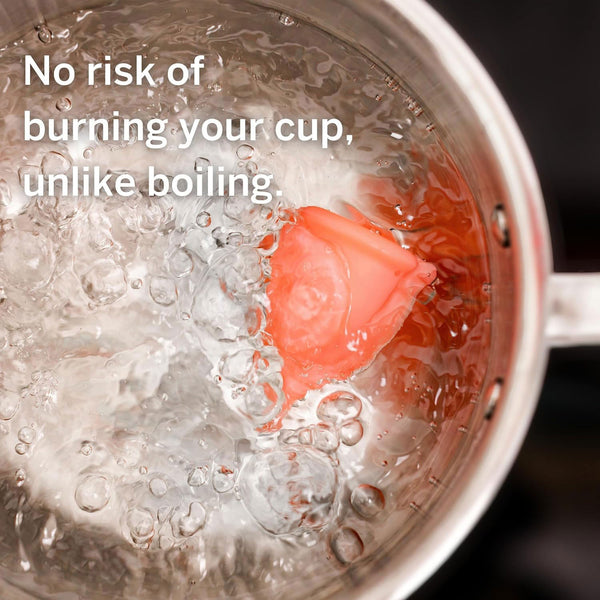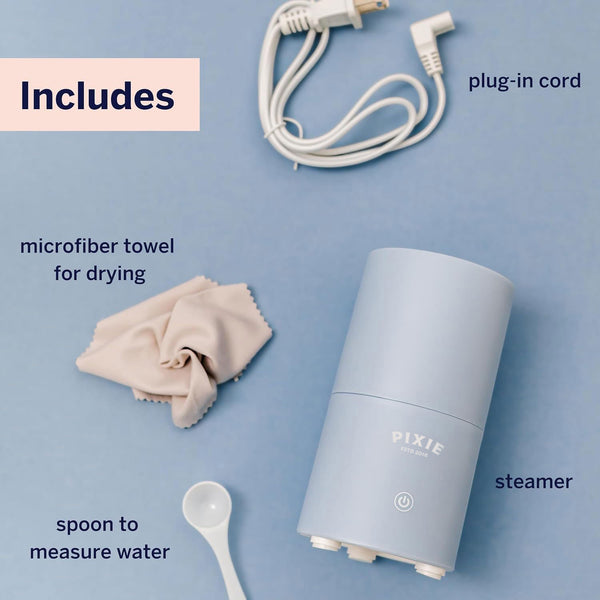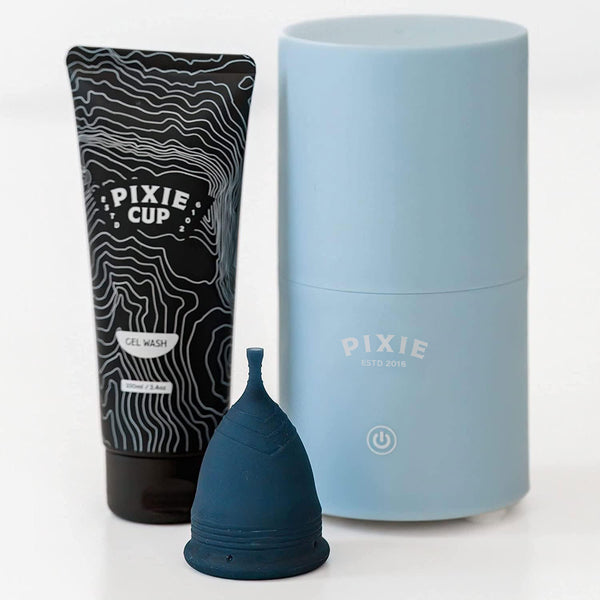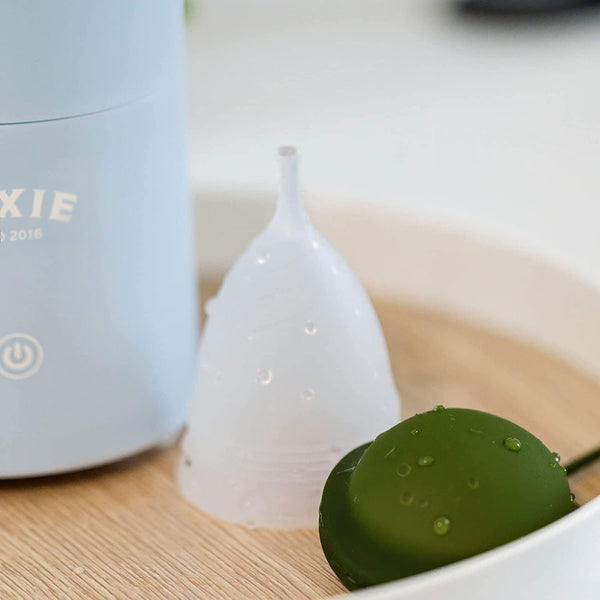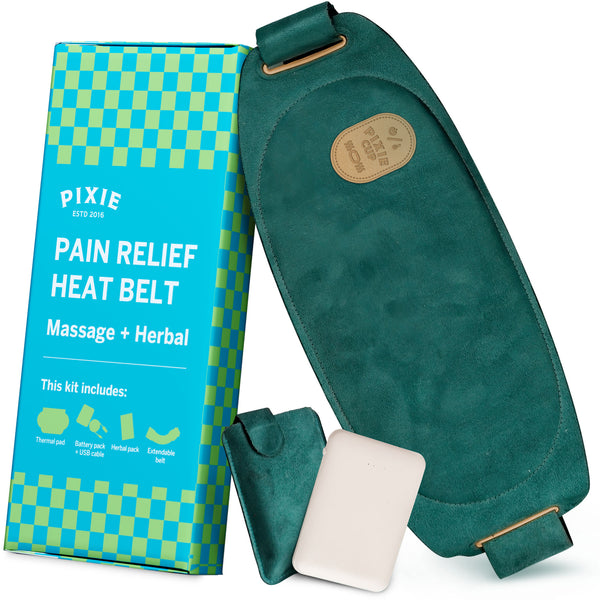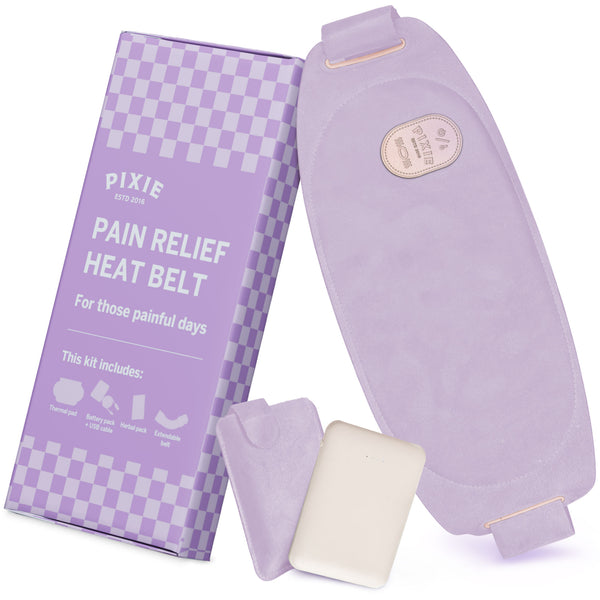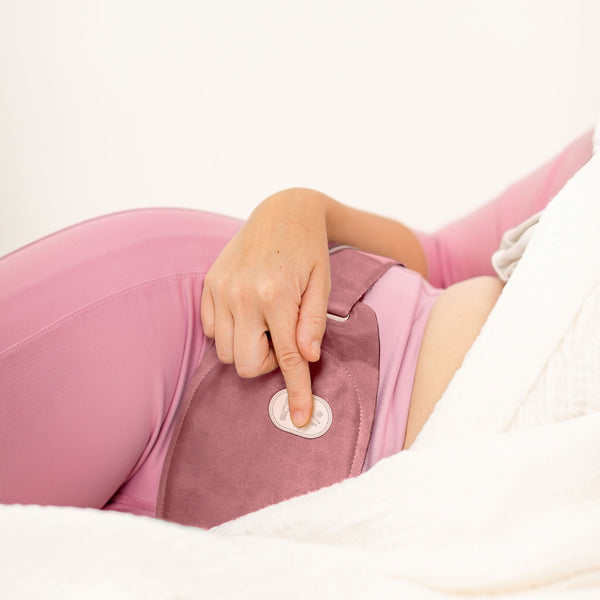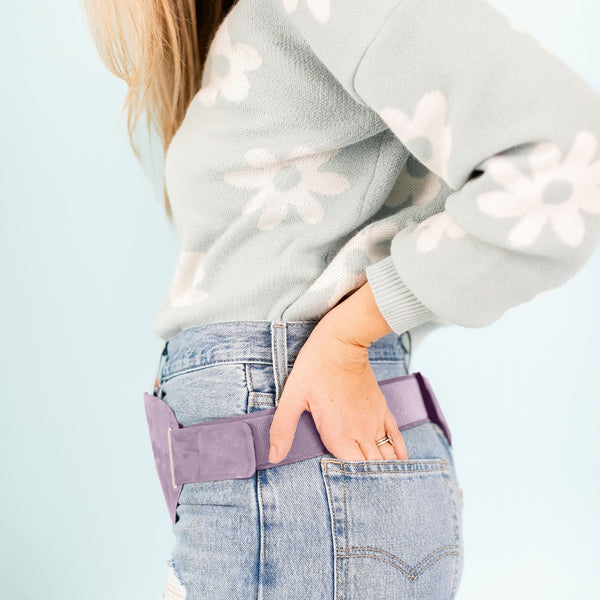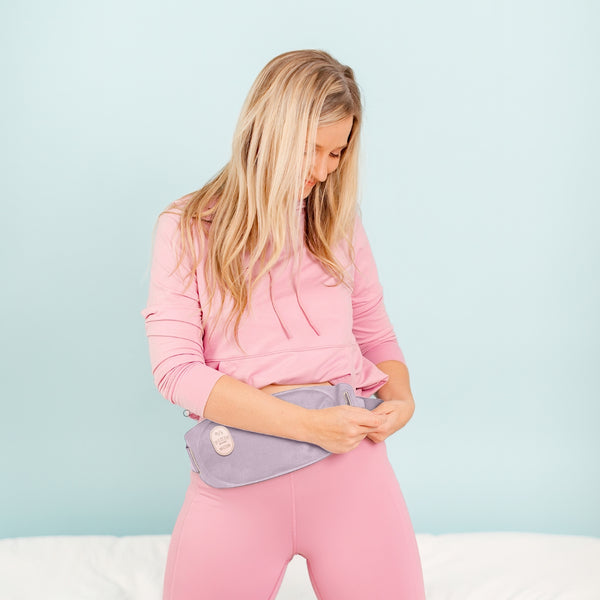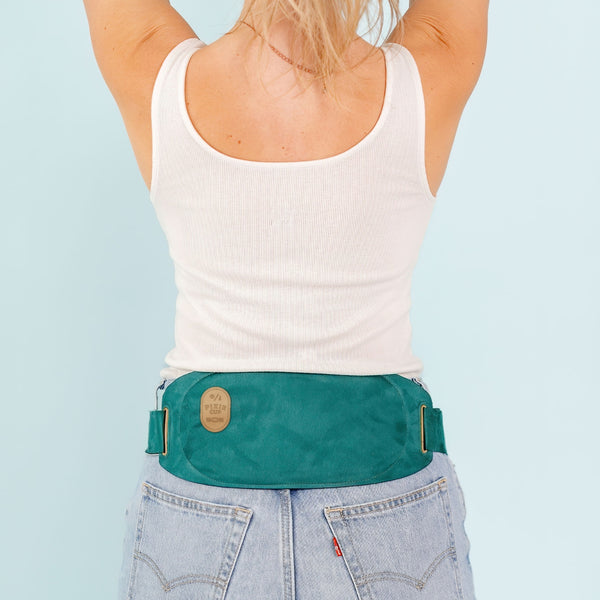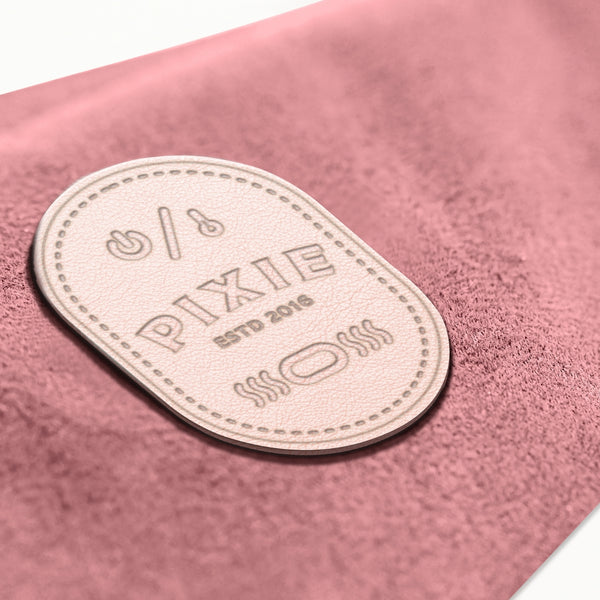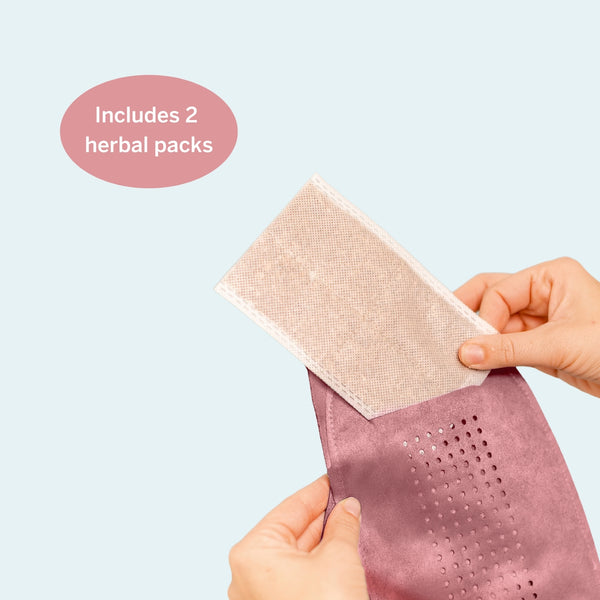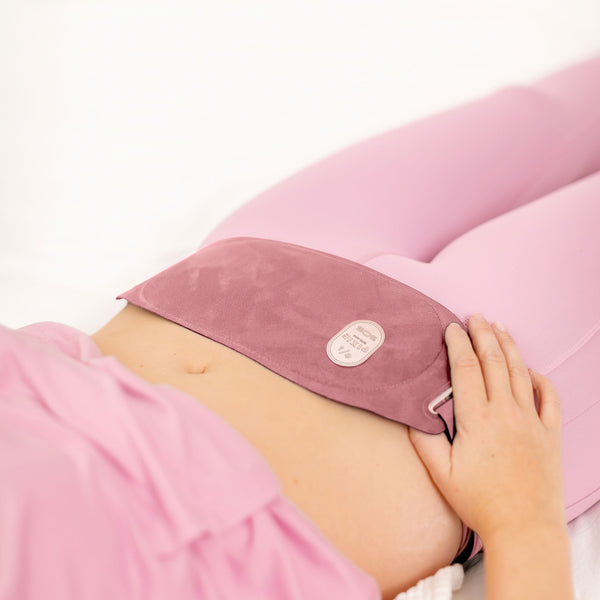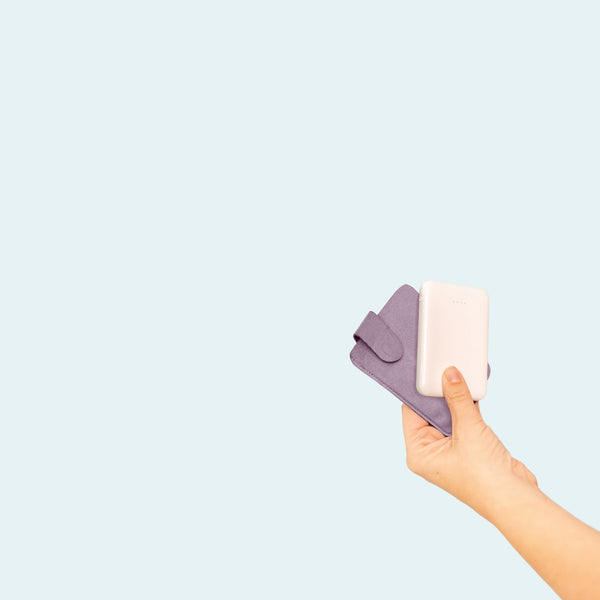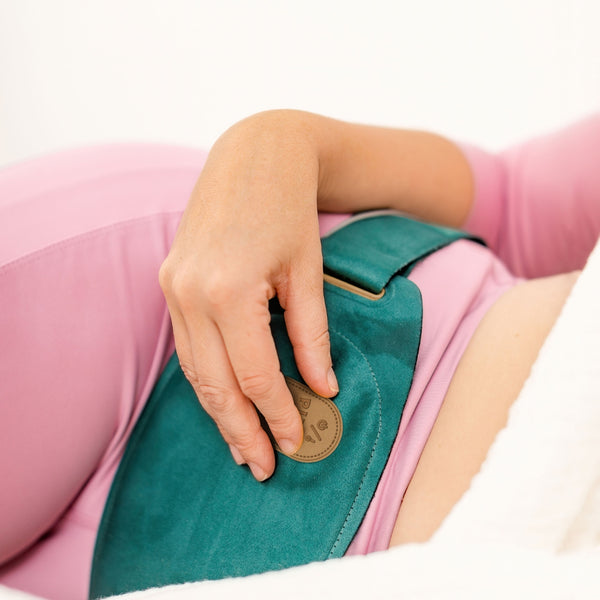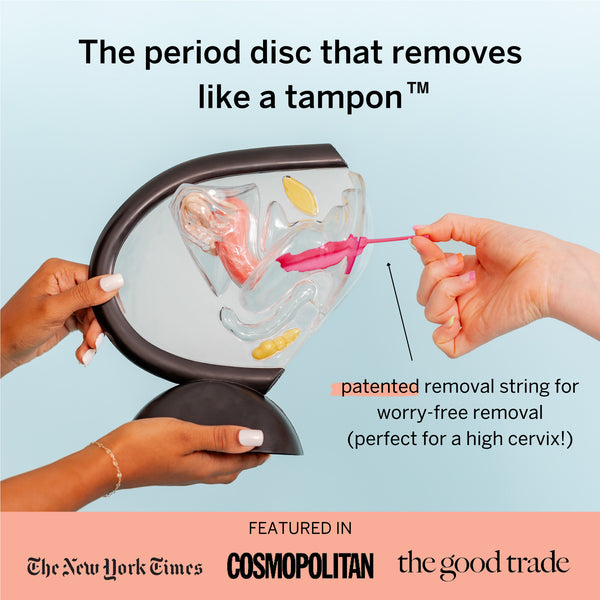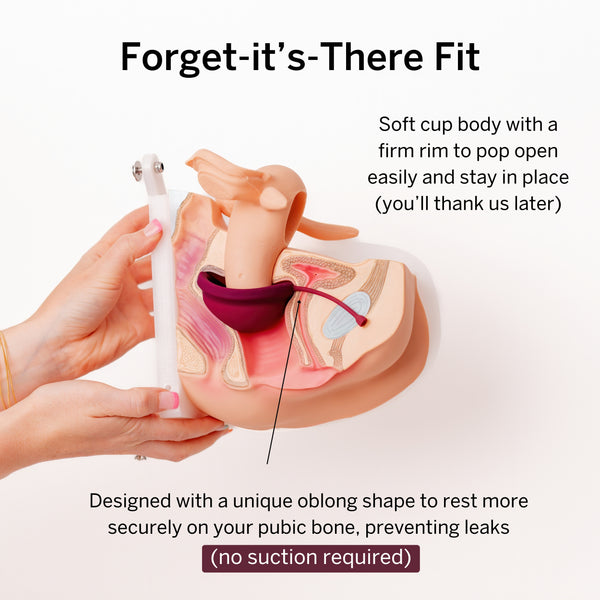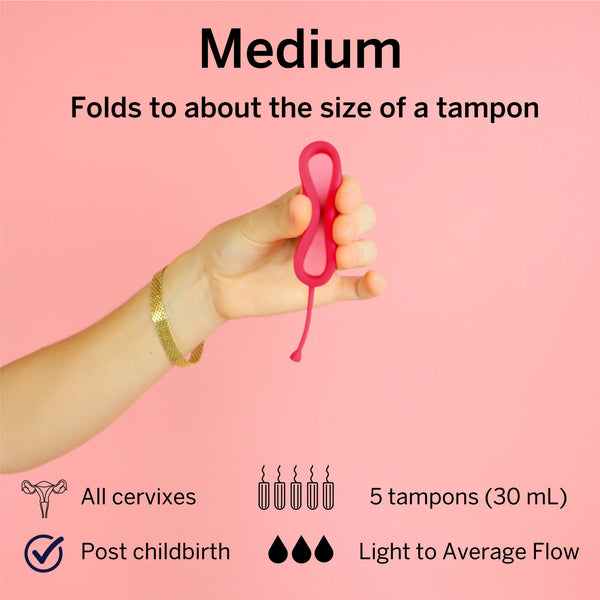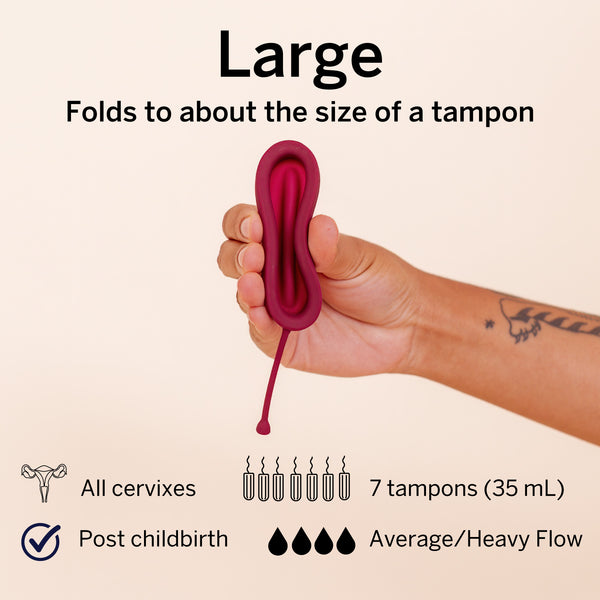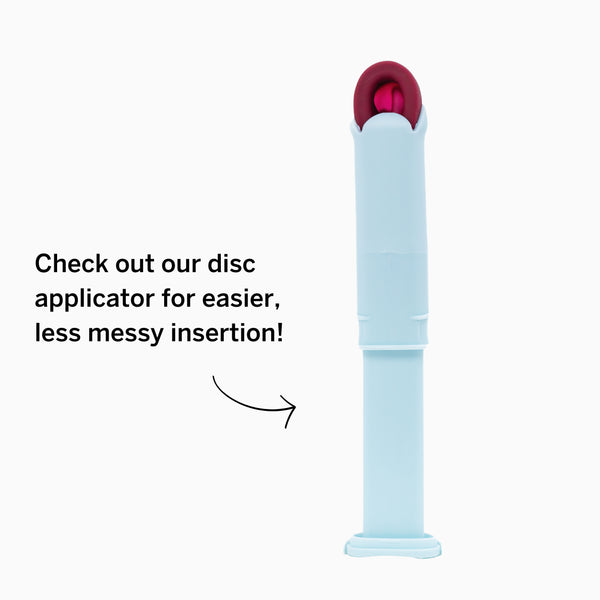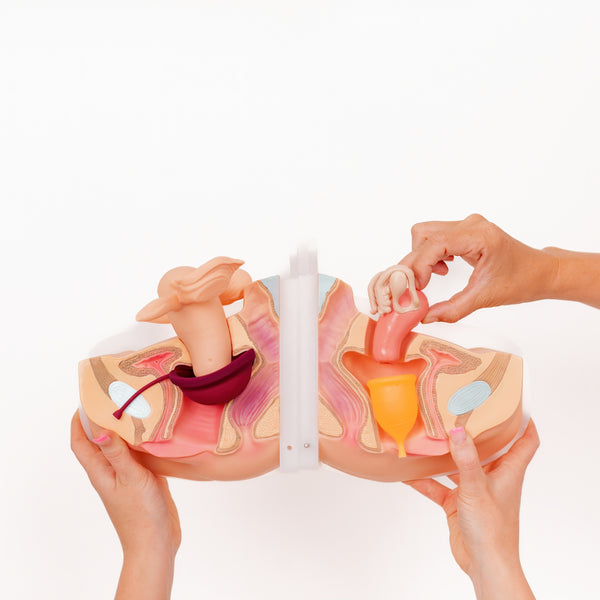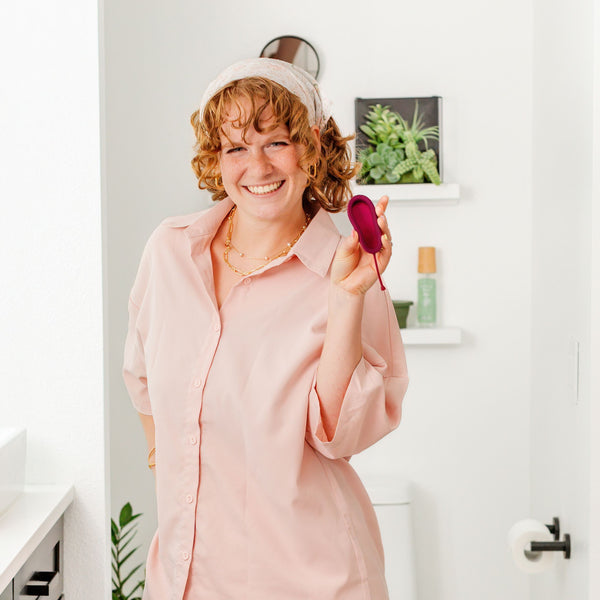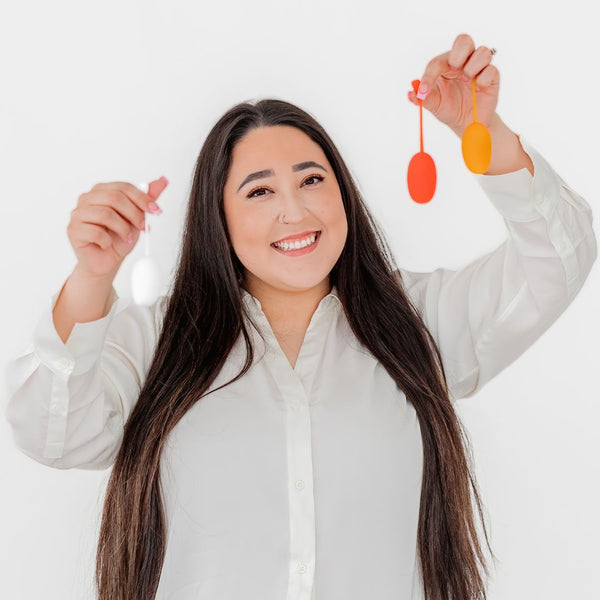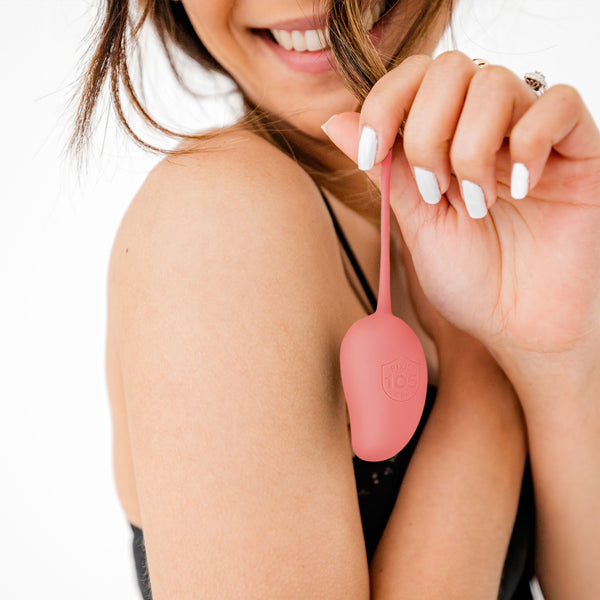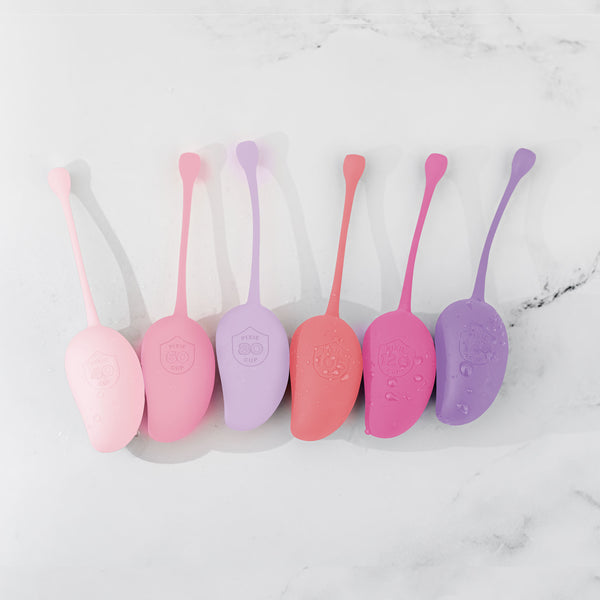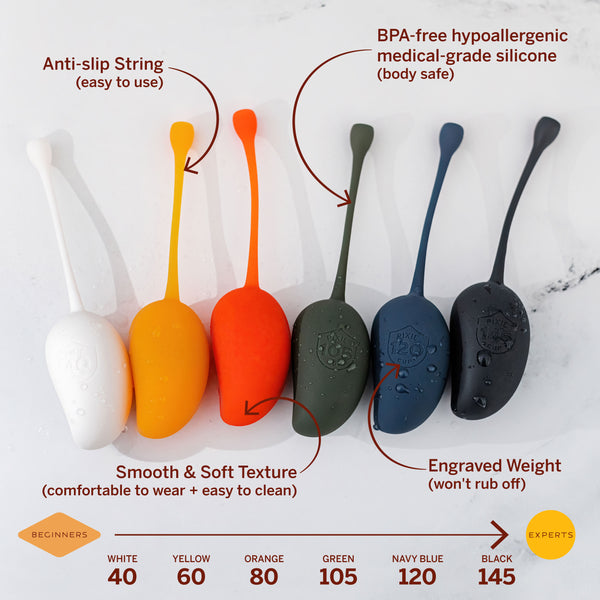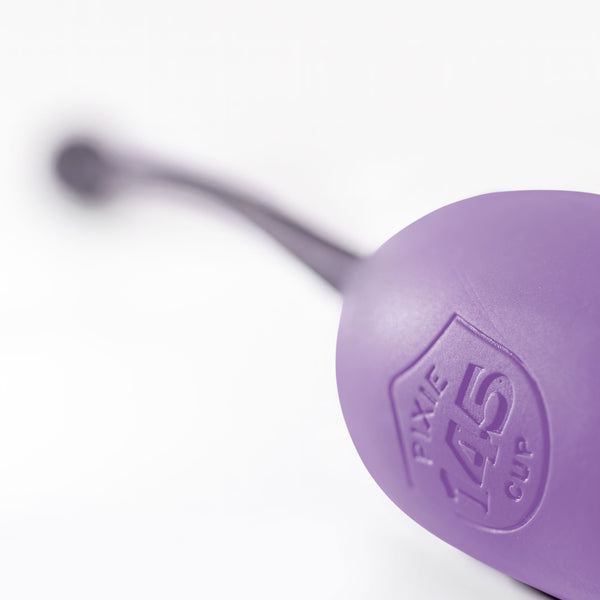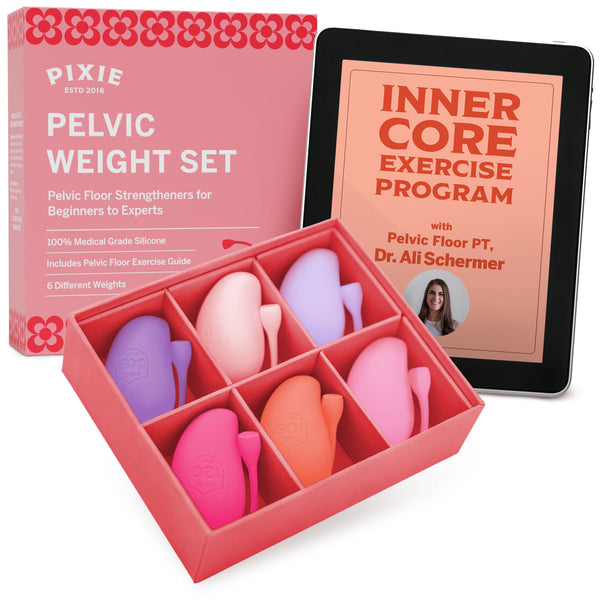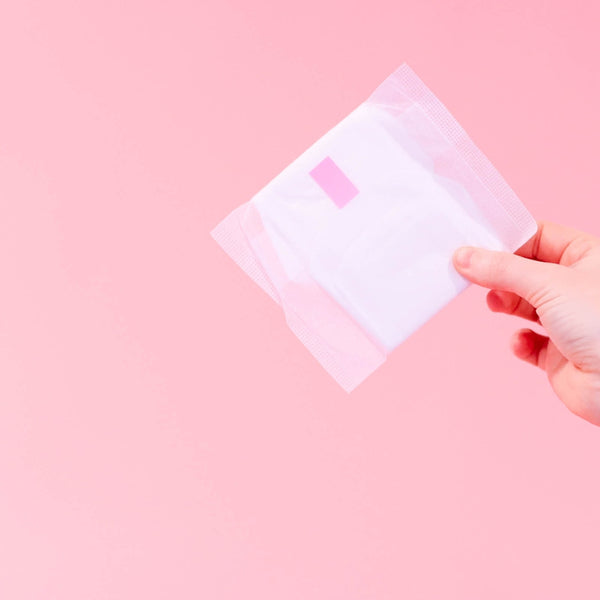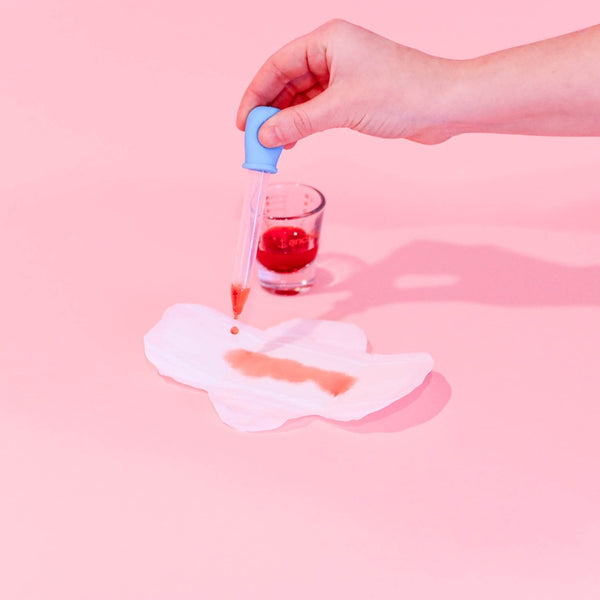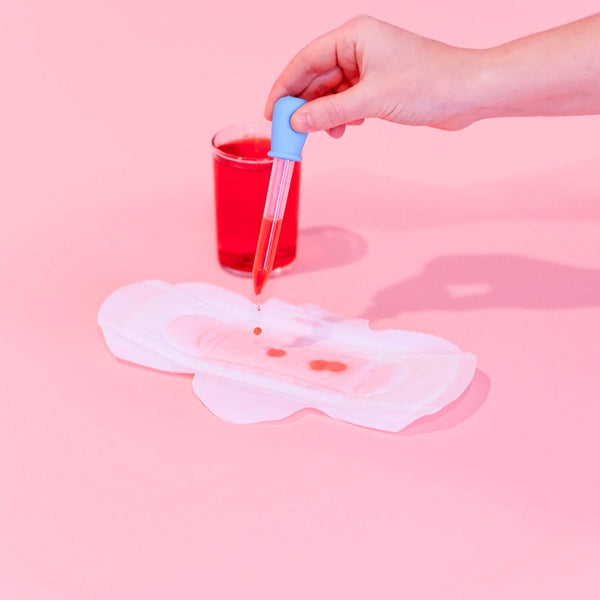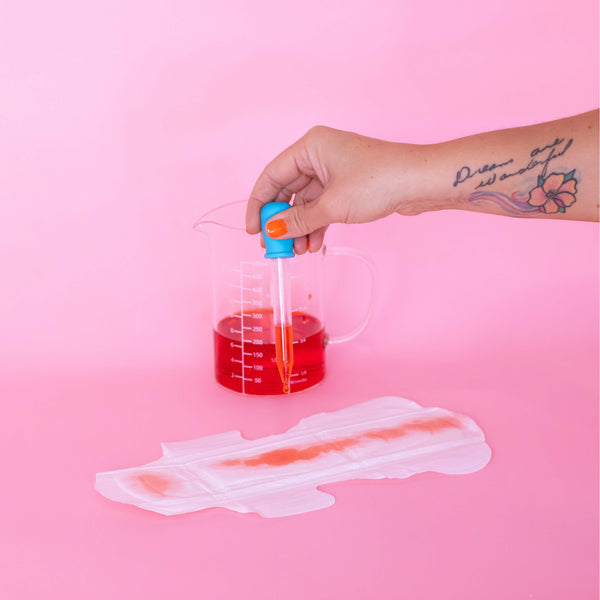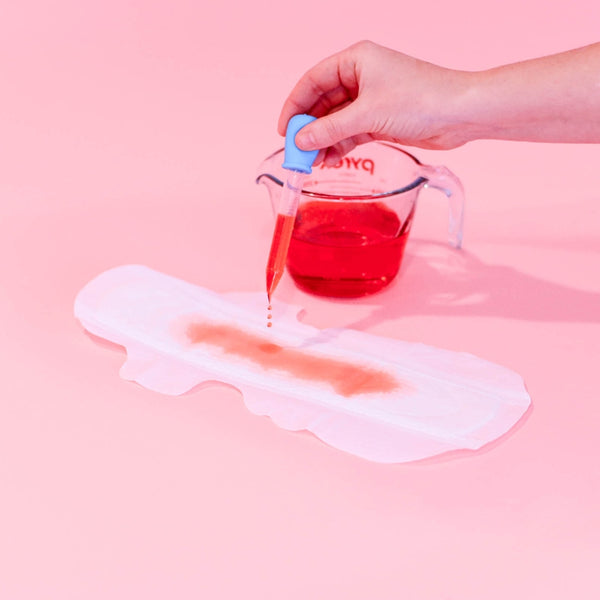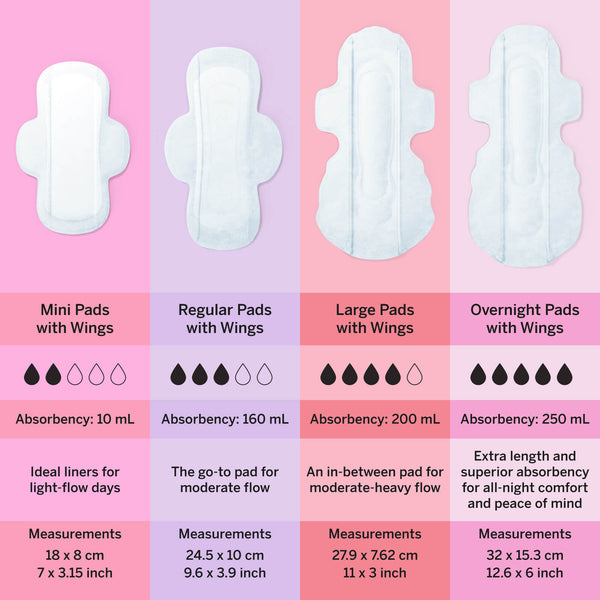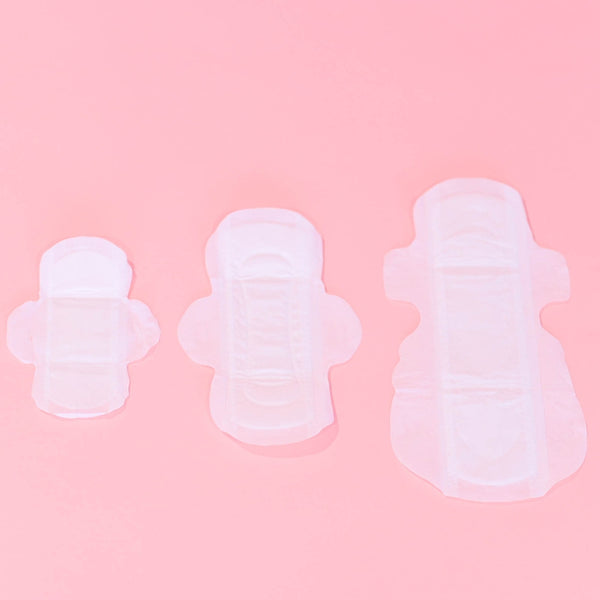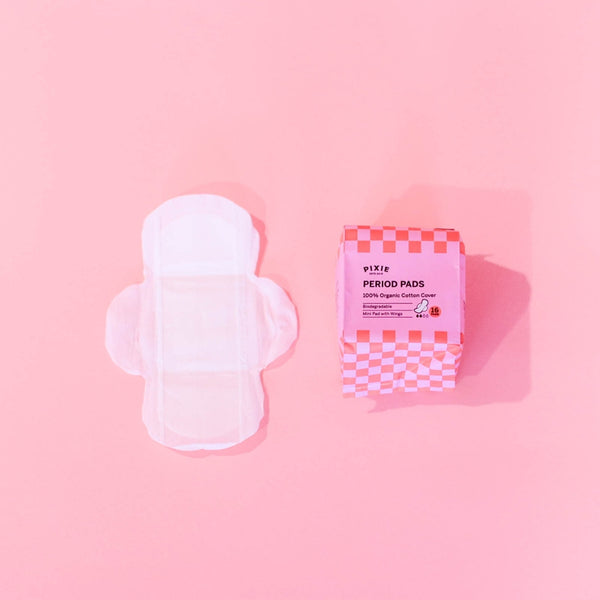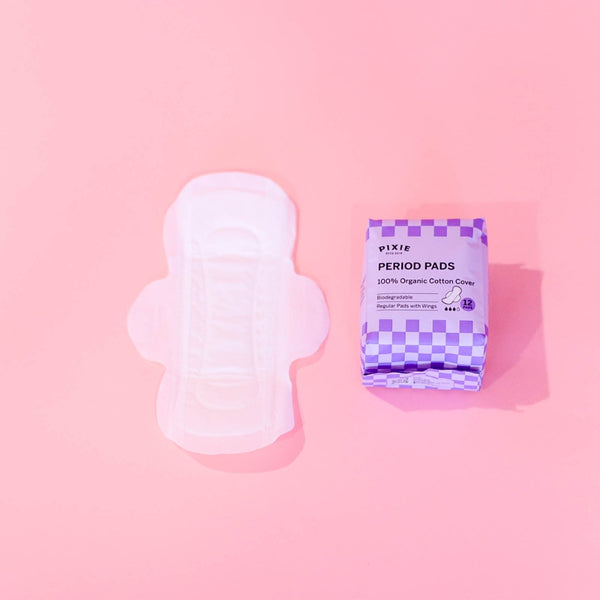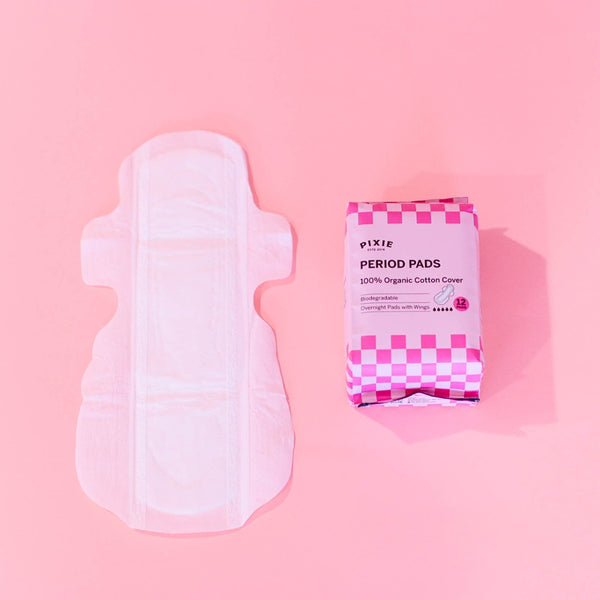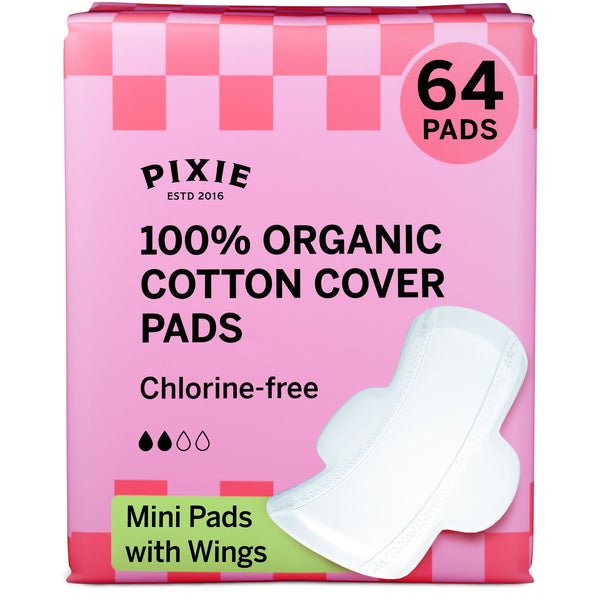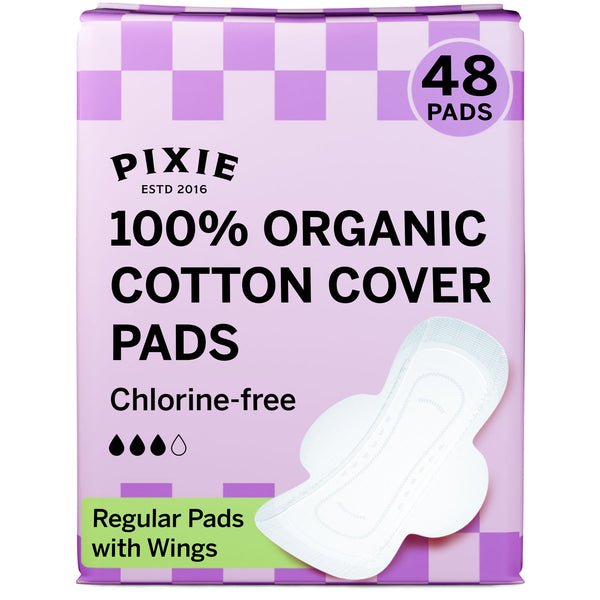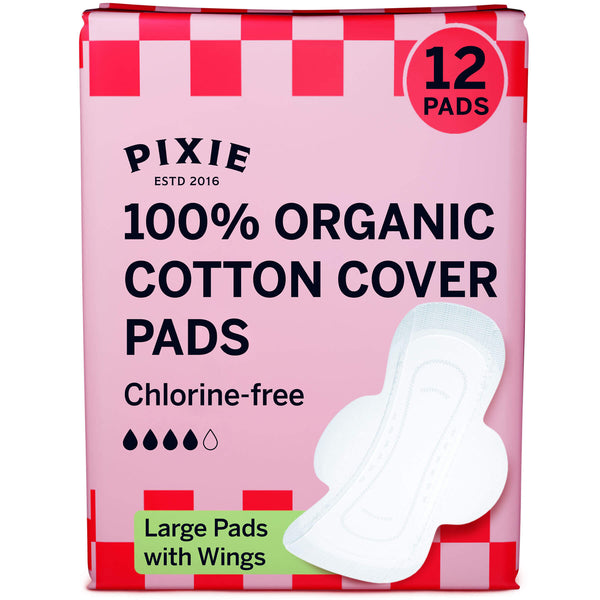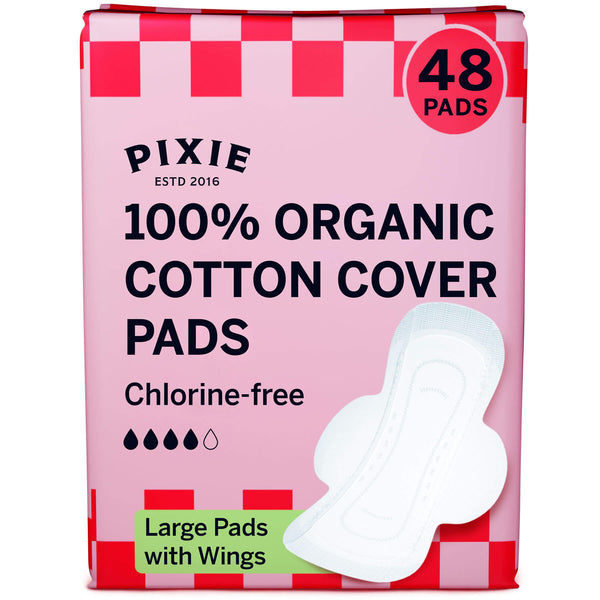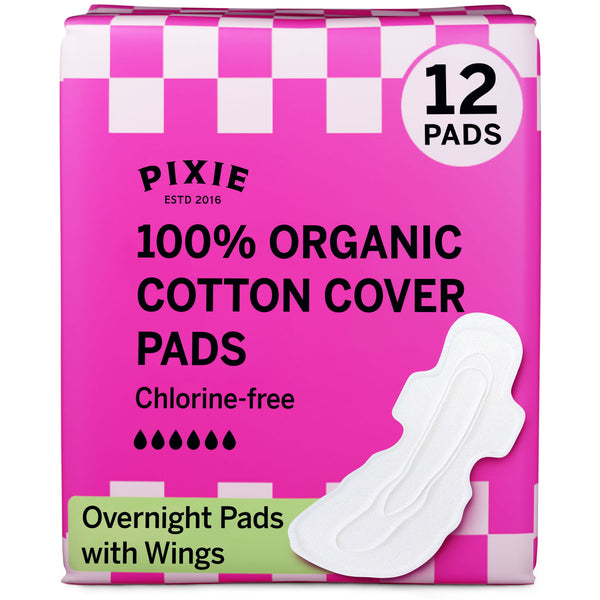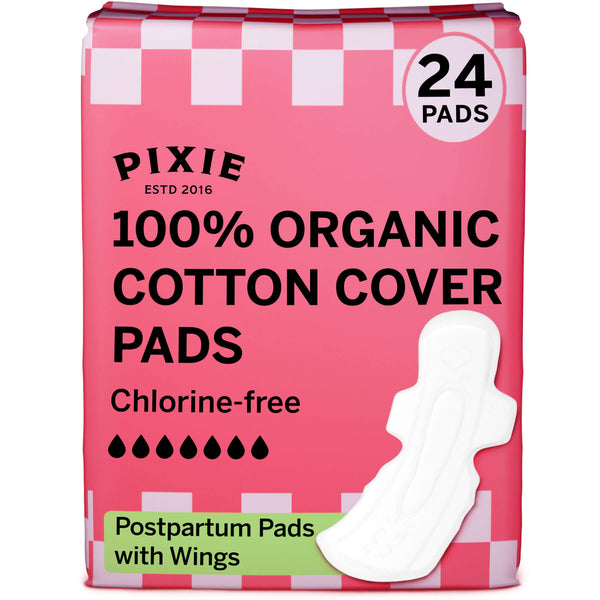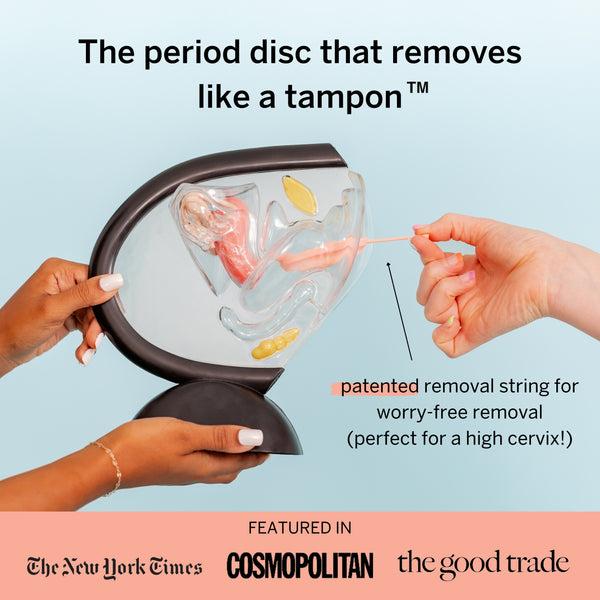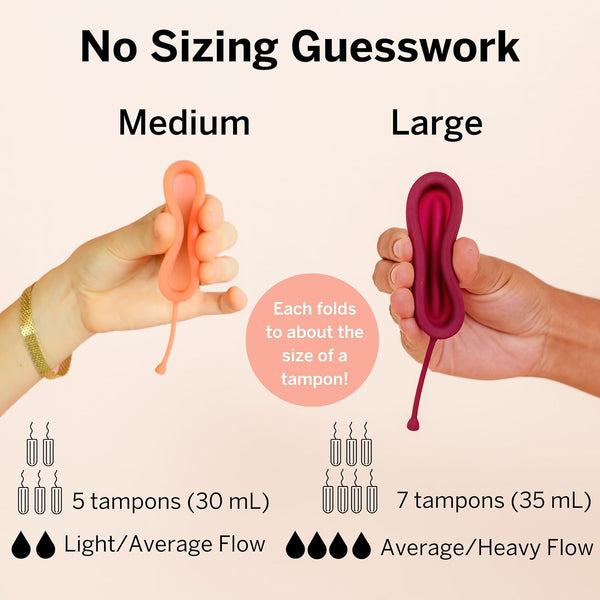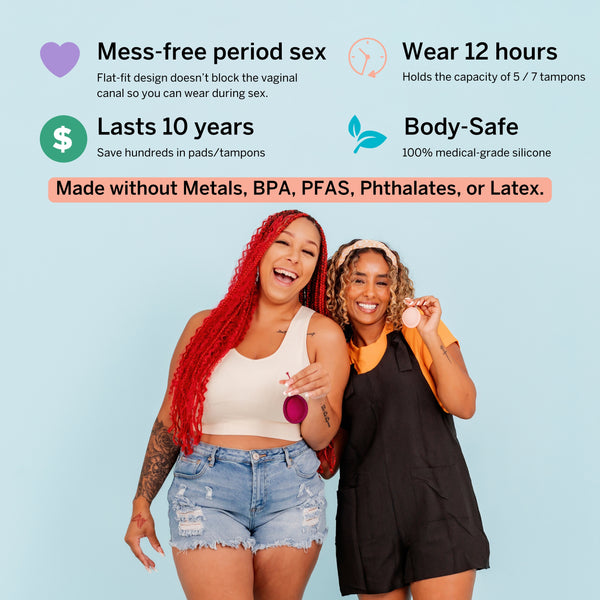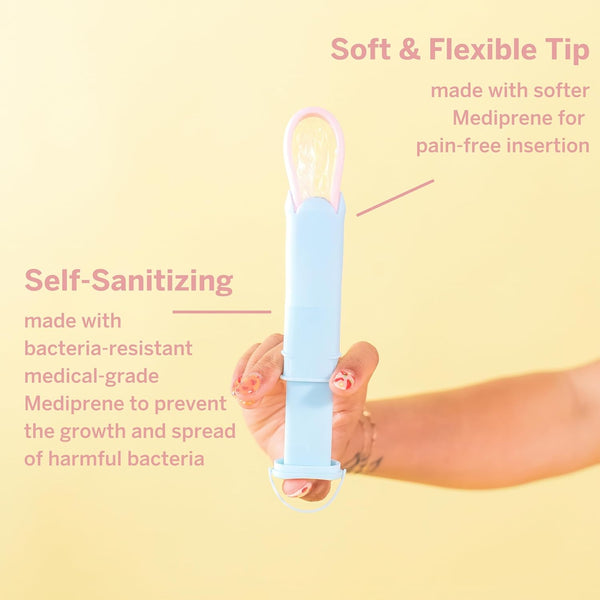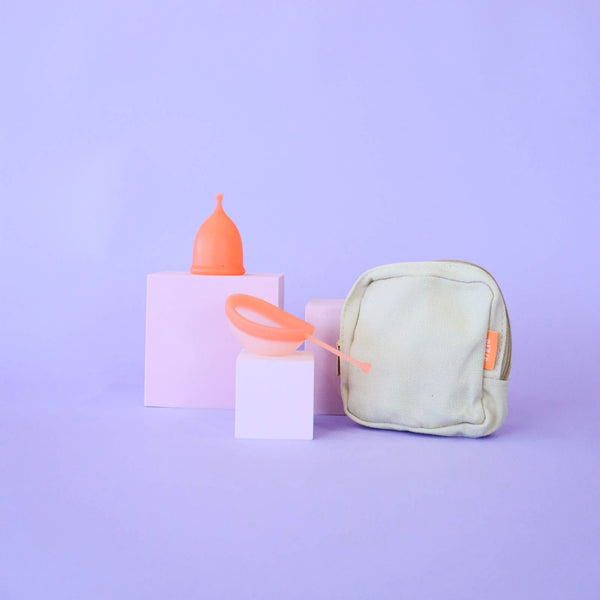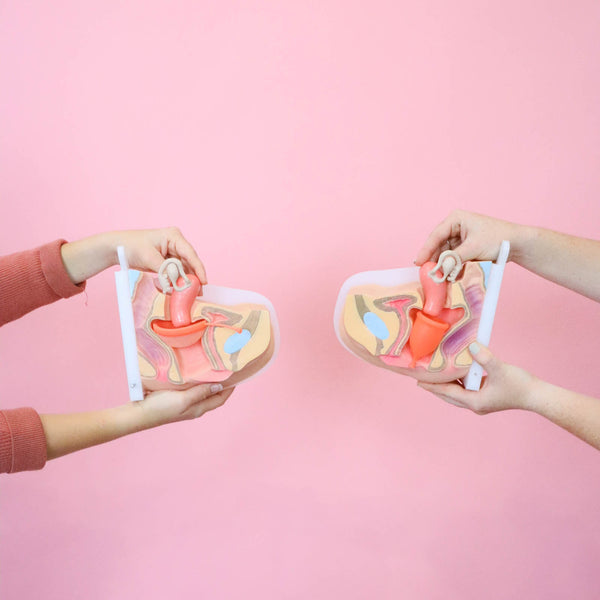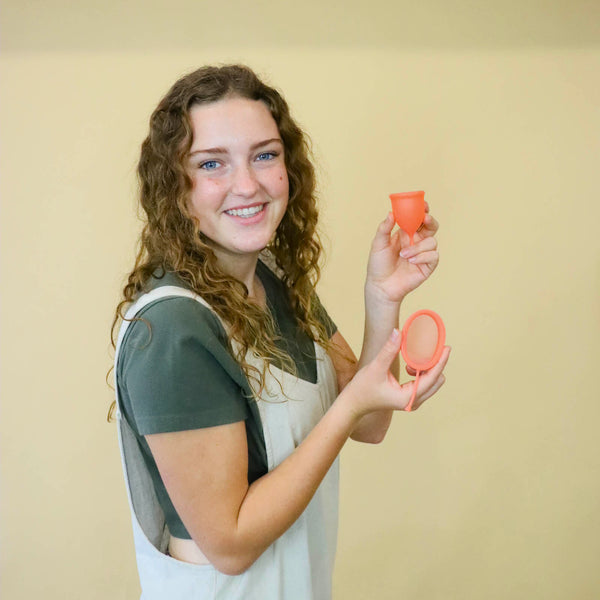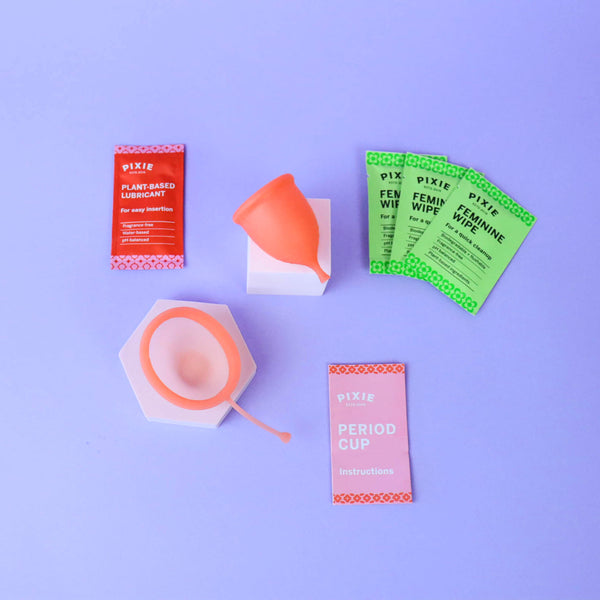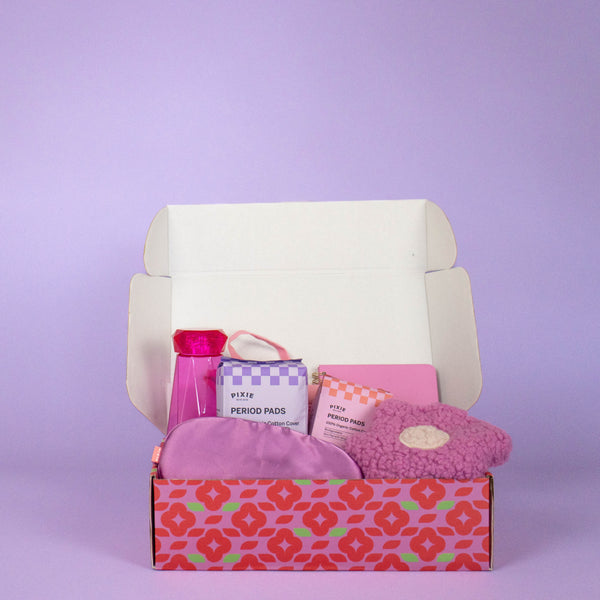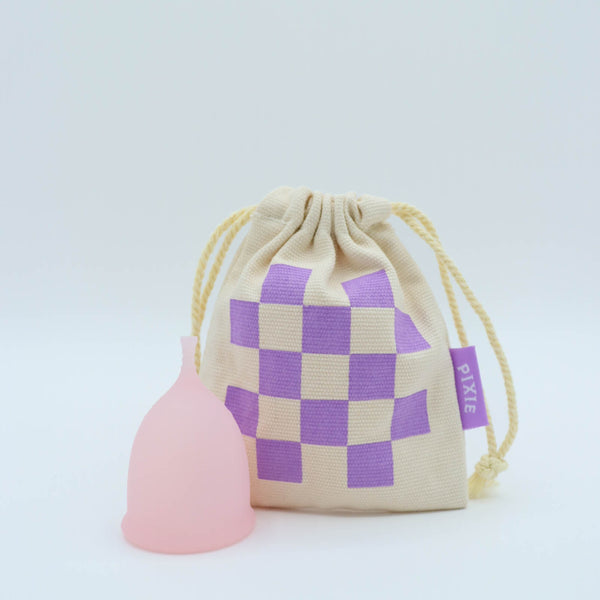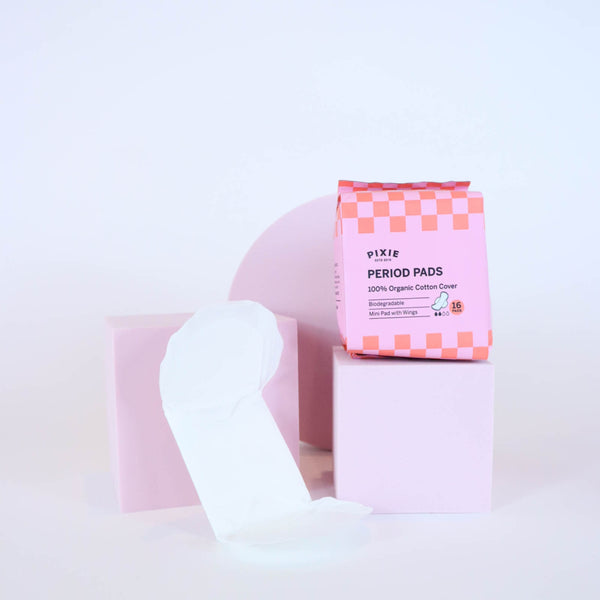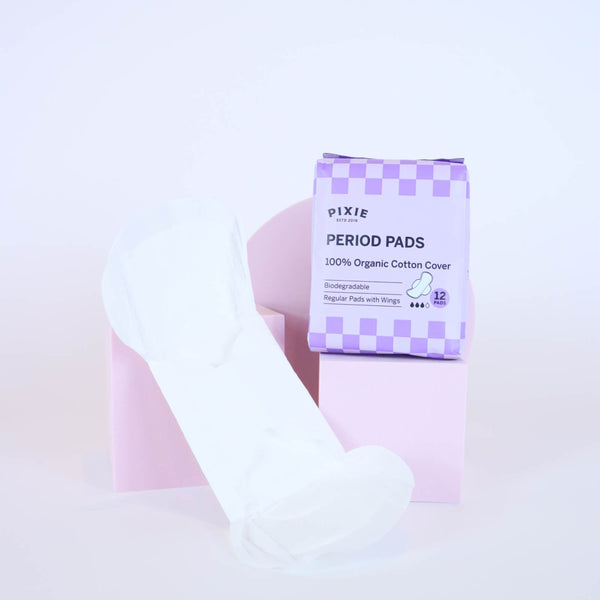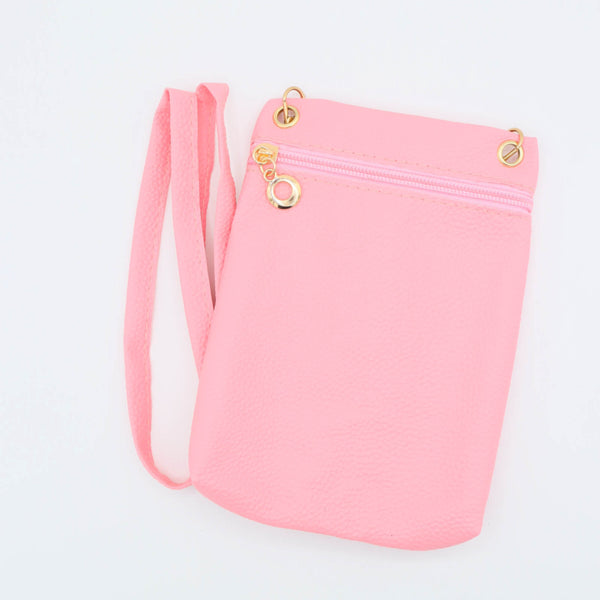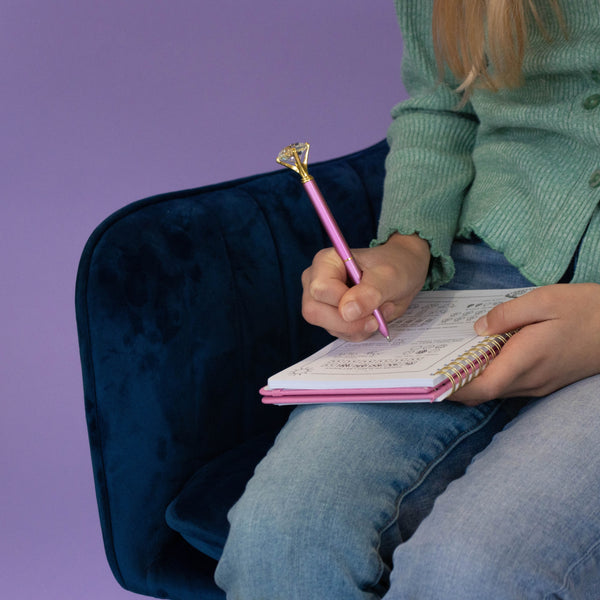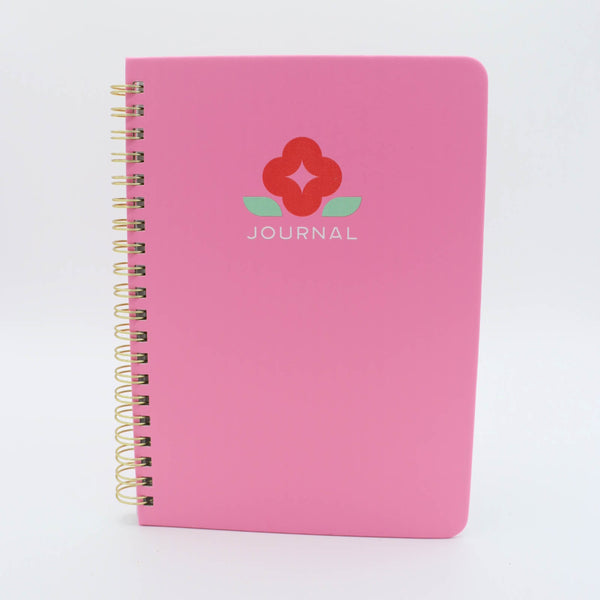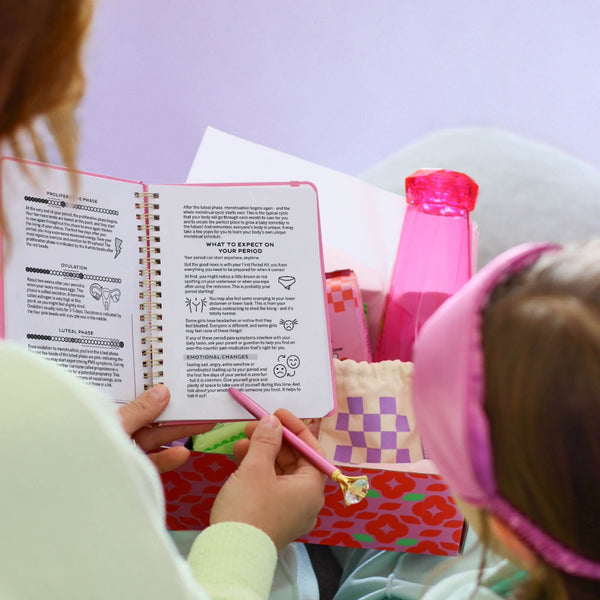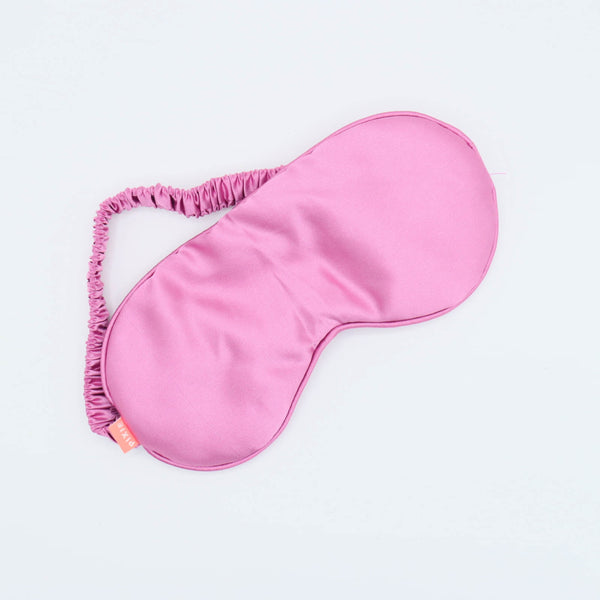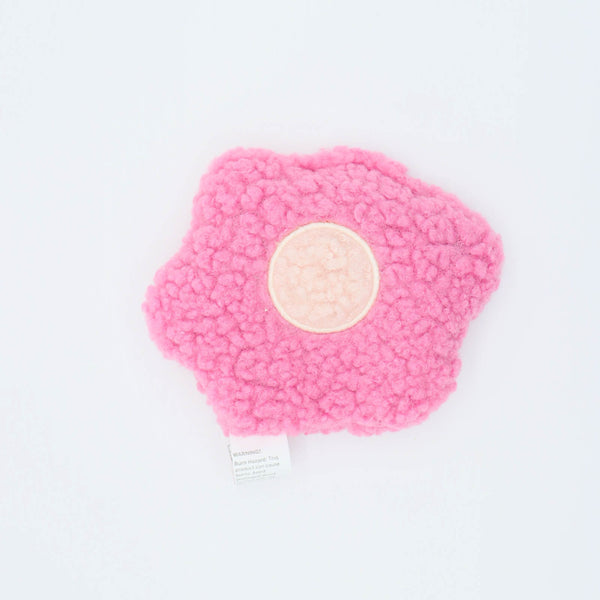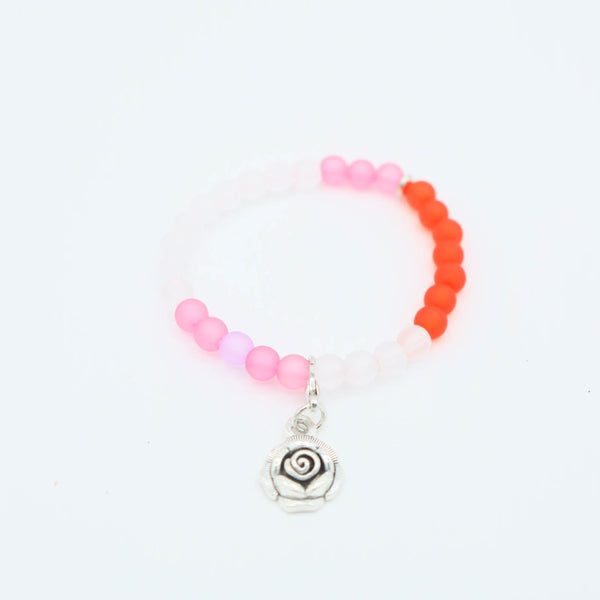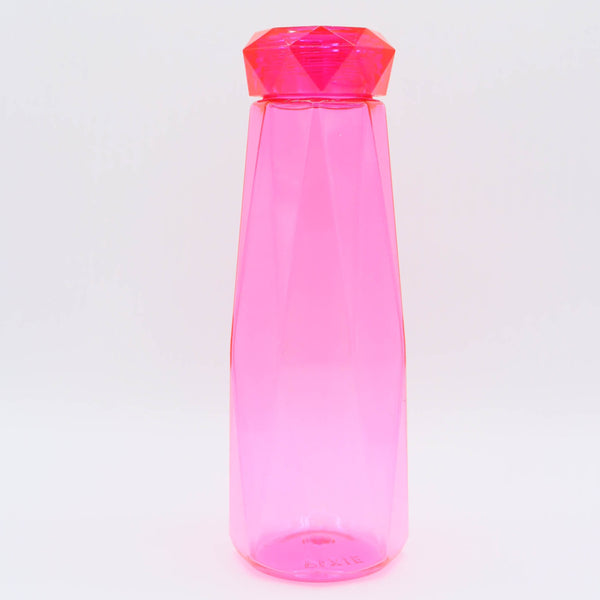Simple ways to help a leaky bladder
Do you scout out where the bathrooms are when you arrive at a store, venue, or someone’s home? Living with a leaky bladder and constantly having the urge to pee can be extremely stressful and hard to manage. Urinary incontinence (leaky bladder) is more popular than you may know. The good news is, it’s possible to go from leaky to leak-free! Let’s talk about how.

Disclaimer: always seek professional advice from your physician or urologist if you’re wondering about a urinary incontinence diagnosis.
What is urinary incontinence?
Very simply, urinary incontinence is a loss of bladder control. A leaky bladder is anytime you discharge a small amount of urine when you aren’t intending to urinate. A lot of women have experienced peeing themselves while laughing, sneezing, coughing, or exercising. Worrying about these things during everyday life can cause us to avoid social situations or certain activities that could trigger a leaky bladder. Other symptoms can include waking up several times during the night to pee, or urinating during sleep.
What is the main cause of urinary incontinence?
Also called overactive bladder or leaky bladder, incontinence is twice as common in women as it is in men. Factors such as pregnancy, childbirth, and menopause can all play a role, as they can weaken the muscles that help control the release of urine.
Chronic constipation or being overweight can cause incontinence by placing more pressure on the bladder and weakening the pelvic floor muscles. Less common causes of incontinence include tumors in the urinary tract or nerve damage.
In past times, a leaky bladder was thought to be just a part of aging or becoming a mother. This isn’t true! So many recent studies have shown that a leaky bladder can be reversed.
What are the types of urinary incontinence?
- Stress incontinence. The most common type of incontinence, stress incontinence happens when physical pressure is put on the bladder. When the pelvic floor muscles are weak, everyday activities such as exercise, lifting weights, sneezing, laughing, or coughing can cause urine to leak. This is most common in younger and middle-aged women.
- Urge incontinence. This is defined as people having a sudden urge to pee and not making it to the toilet to fully urinate. Urge incontinence is more common in older women and may affect people suffering from Alzheimers, Parkinson’s disease, or diabetes, or those who have endured a stroke. Some women may have both stress incontinence and urge incontinence.
- Overflow incontinence. Overflow happens when there is an almost constant leak from a bladder that is always full. This happens commonly in men who suffer from an enlarged prostate and the urethra is blocked.
- Functional incontinence. This occurs in many older people who have normal bladder control but may be inhibited from going to the bathroom. Physical strains like arthritis or other disabilities that limit mobility can prevent someone from making it to the bathroom in time.
Can you correct a leaky bladder?
Yes, a leaky bladder can be corrected. (Feel hopeful!) If you have stress incontinence, your physician may recommend diet or lifestyle changes to help strengthen pelvic floor muscles. Some things that may help include:
- Quitting smoking
- Stopping alcohol use
- Drinking less caffeine. Caffeine causes the bladder to fill quickly, which can cause urine leaks. Women who drink more than two caffeinated beverages a day are more likely to experience a leaky bladder.
- Limiting carbonated beverages, such as soda.
- Losing weight if necessary.
- Treating chronic constipation.
Timed voiding is another method where you urinate on a specific schedule, which can help train the bladder to go at set times.
Kegel exercises are among the most common ways to help reverse stress incontinence. Exercising your pelvic floor tightens the muscle region that supports the bowel and bladder.
How much water should an incontinent person drink?
Many women will drink less water when experiencing incontinence, but this can actually make symptoms worse. Hydration is necessary for good health, and the bladder needs to be hydrated to work properly. Dehydration will make urine more concentrated, which can irritate the bladder and make incontinence worse. Dehydration can also cause constipation, which can further contribute to incontinence.
As for how much water you should drink every day, recommendations vary, but most people could benefit from drinking more water. One guideline is to drink 0.5 – 1 ounce for each pound of body weight. So if you weigh 150 pounds, that equals 75 – 150 ounces of water every day. If you drink anything that is dehydrating — such as alcohol — you should drink extra water to compensate.
If you worry about incontinence symptoms, taking small sips throughout the day and gradually increasing your water intake may help.
Can pelvic floor exercises help urinary incontinence?
Yes, pelvic floor exercises can help with stress incontinence. By strengthening your pelvic floor muscles, you’re able to better support your bowels and bladder. You can do Kegel exercises just about anytime. You may also want to try using Kegel weights to help strengthen your pelvic floor. Kegel weights coupled with pelvic floor exercises is a dynamic combination.
Learn how to properly (and safely) use Kegel weights here.
What happens if urinary incontinence is left untreated?
Long-term bladder leaking could lead to sleep loss (think of the time spent up and down going to the bathroom), depression, anxiety, recurring UTIs, and potentially a loss of interest in intimacy.
If you’re experiencing any of these symptoms of untreated urinary incontinence, help is available. All of these are very natural side effects of urinary incontinence and they can be treated. You don’t have to let urinary incontinence affect your quality of life, interrupt your sleep, or hold you back. Make an appointment with your doctor to get a proper diagnosis and the right treatment plan.
Interested in trying Kegel weights? Visit our online store and get 10% off your first order with the code 10FIRST!

PLEASE NOTE: This blog post is not intended as a substitute for the medical advice of your doctor. You should regularly consult a physician in matters relating to your health and particularly with respect to anything related to menstruation, pelvic floor, bowel movements and urination. If you have any concerns about using Kegel weights, consult your doctor before use. If you have any gynecological conditions, please talk to your physician before using any Pixie Cup products.
Our Top Picks For You
-
Period Disc & Applicator Kit
![]()
- Regular price
- $48
- Sale Price
- Regular price
-
$55 - $48
- Unit price
- per
Sold out -
Reusable Organic Cotton Pads
![]()
- Regular price
- $28
- Sale Price
- Regular price
-
$34 - $28
- Unit price
- per
Sold out -
Disposable Organic Cotton Pads
![]()
- Regular price
- $7
- Sale Price
- Regular price
-
$9 - $7
- Unit price
- per
Sold out -
Combo Disc + Applicator Bundle
![]()
- Regular price
- $42
- Sale Price
- Regular price
-
$49 - $42
- Unit price
- per
Sold out





